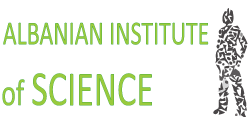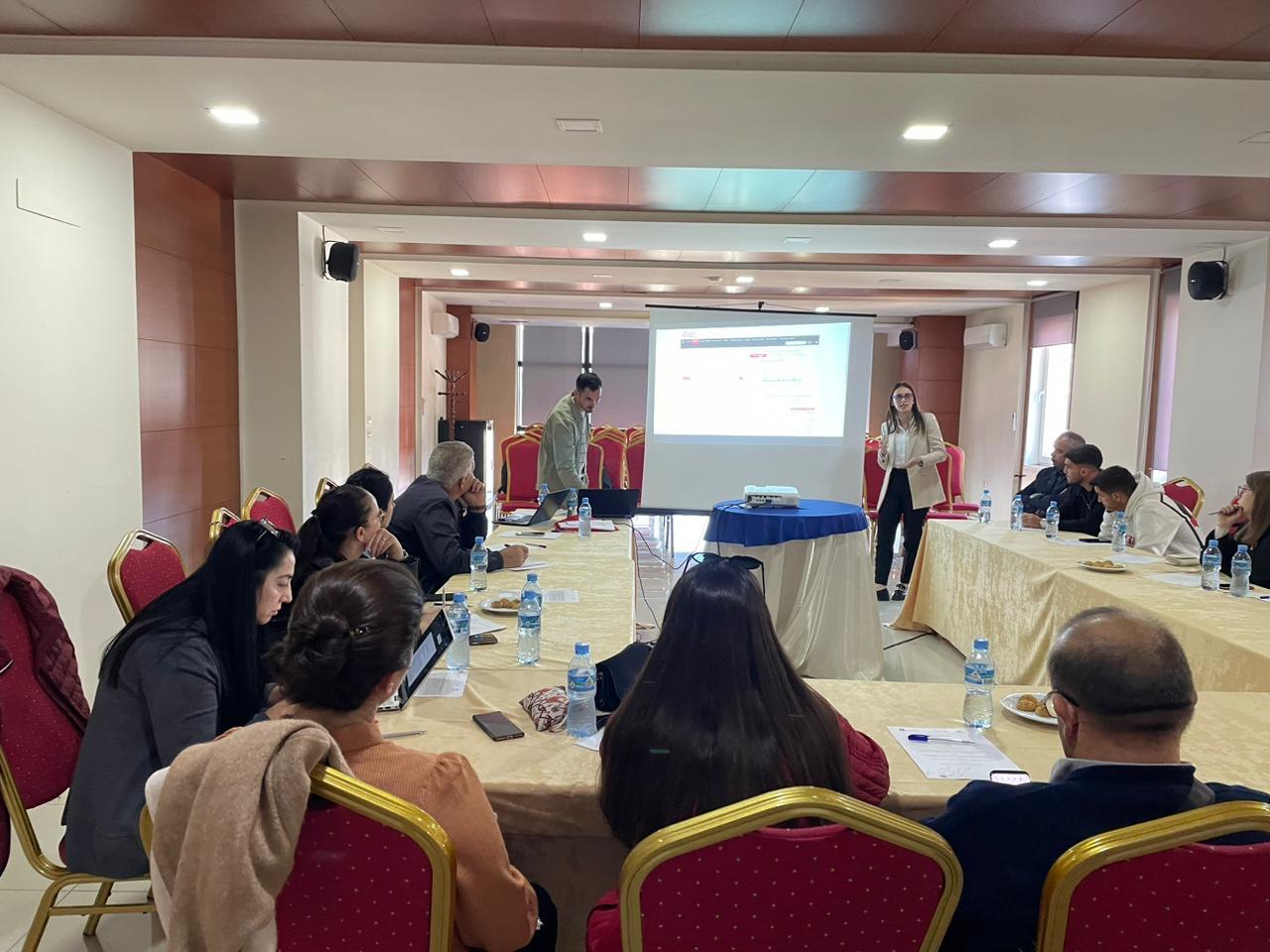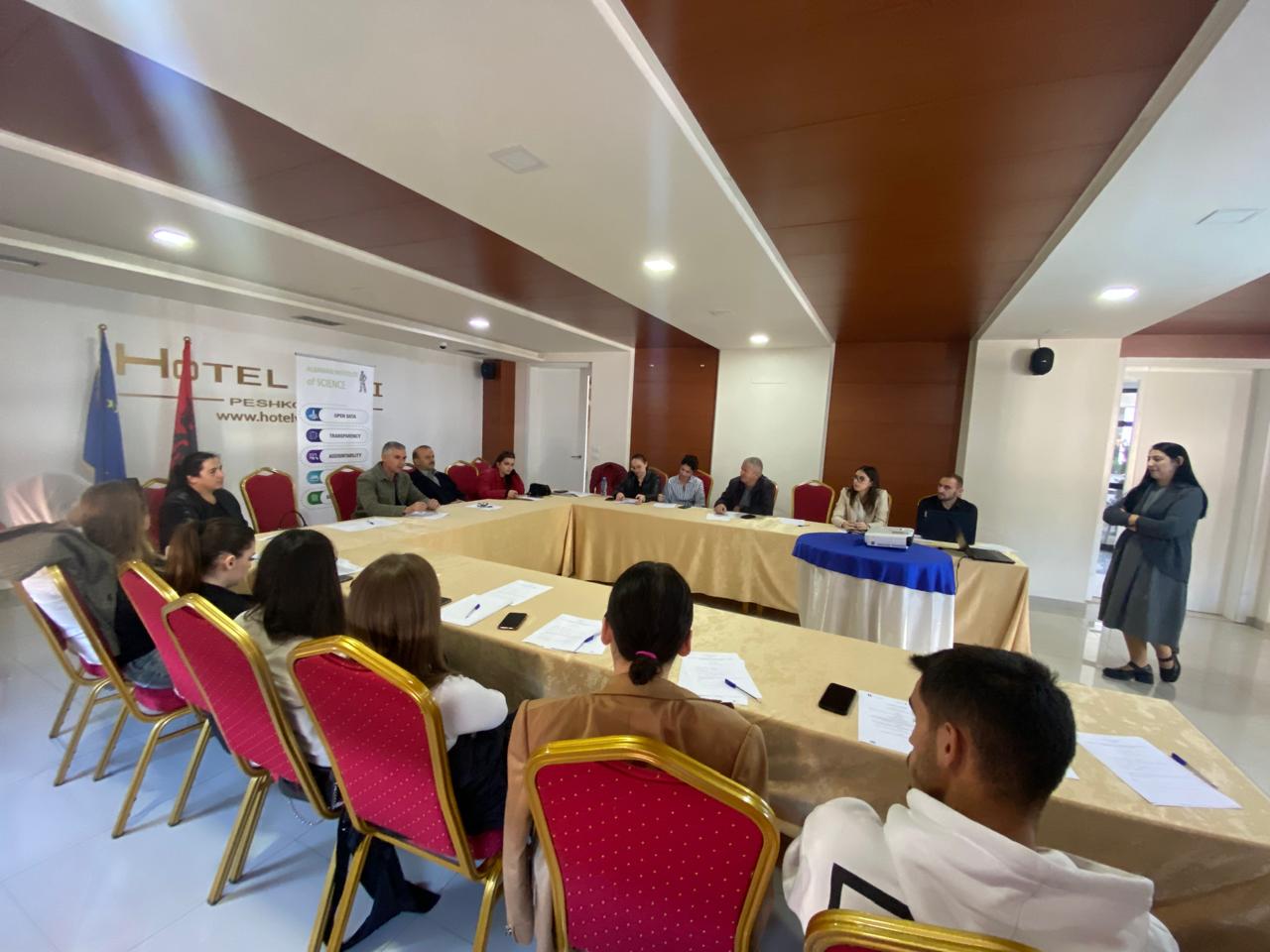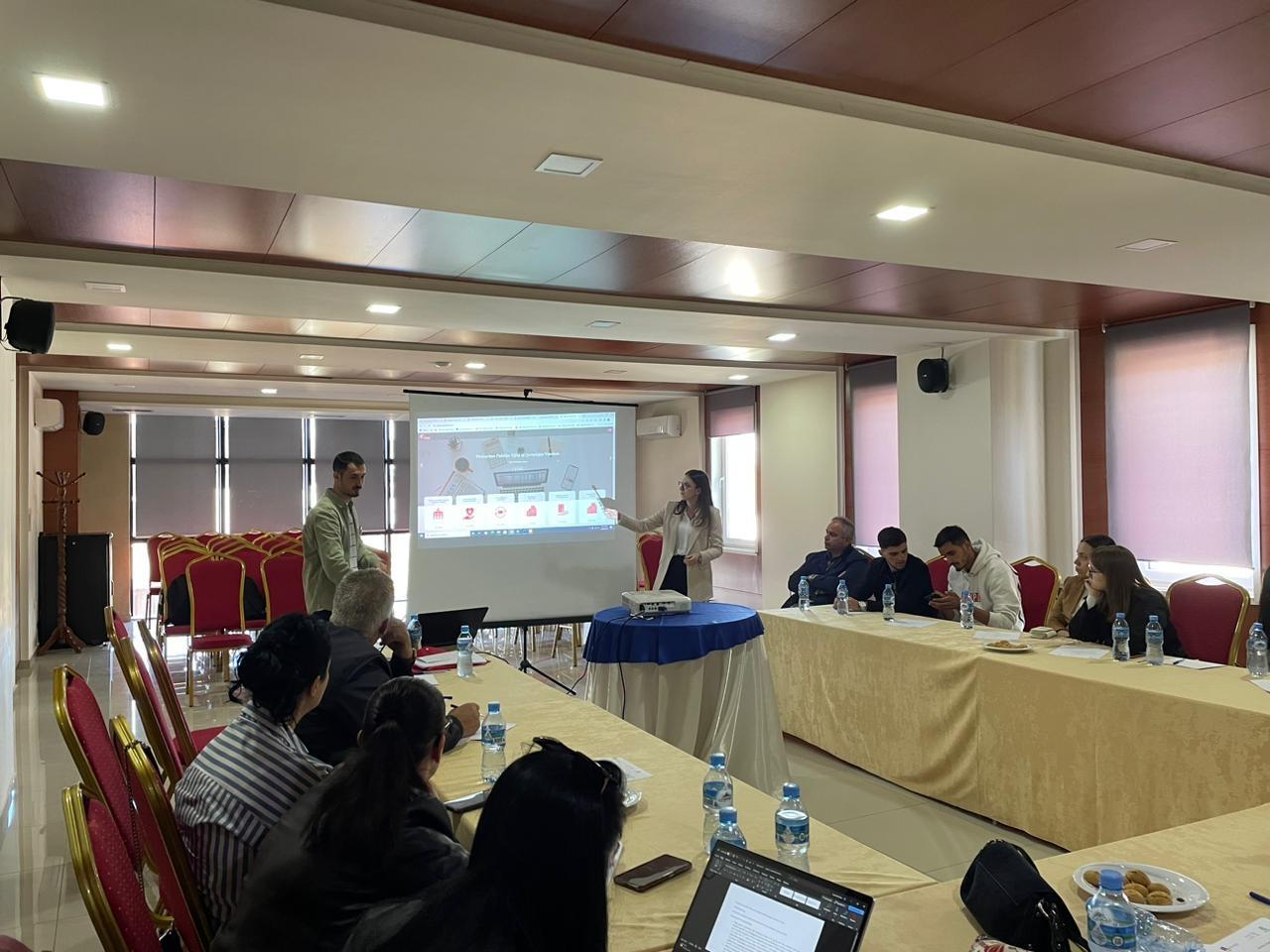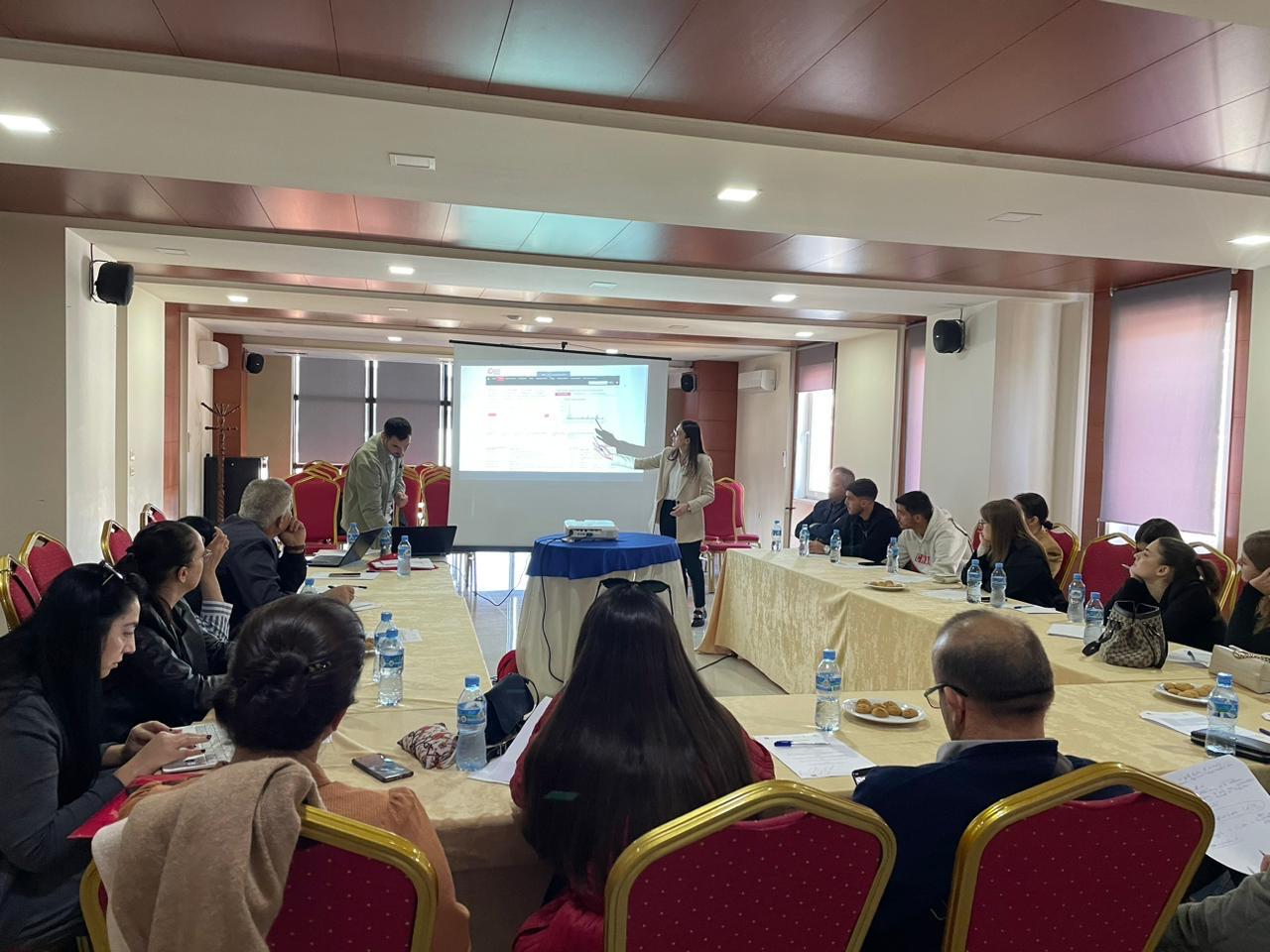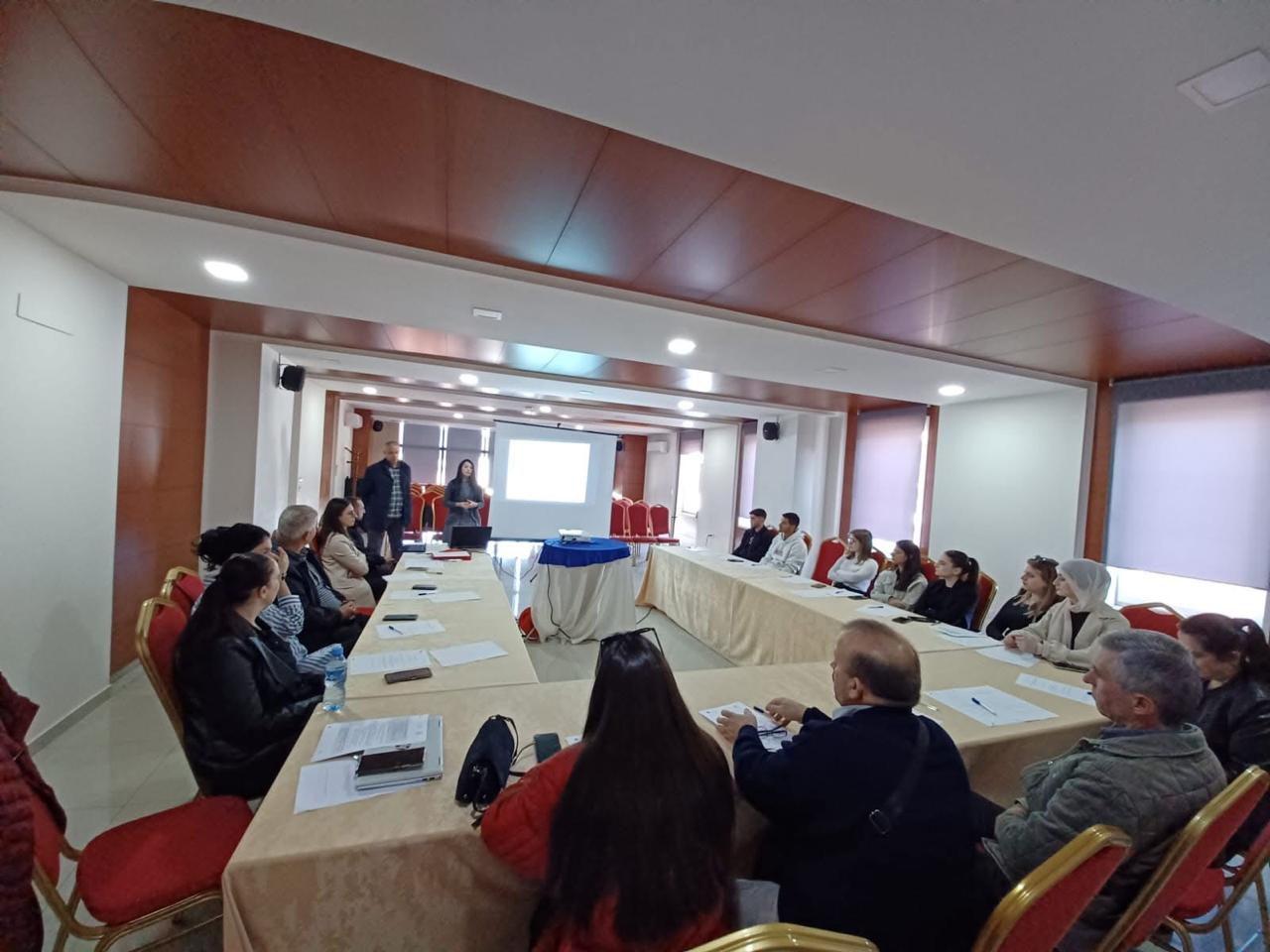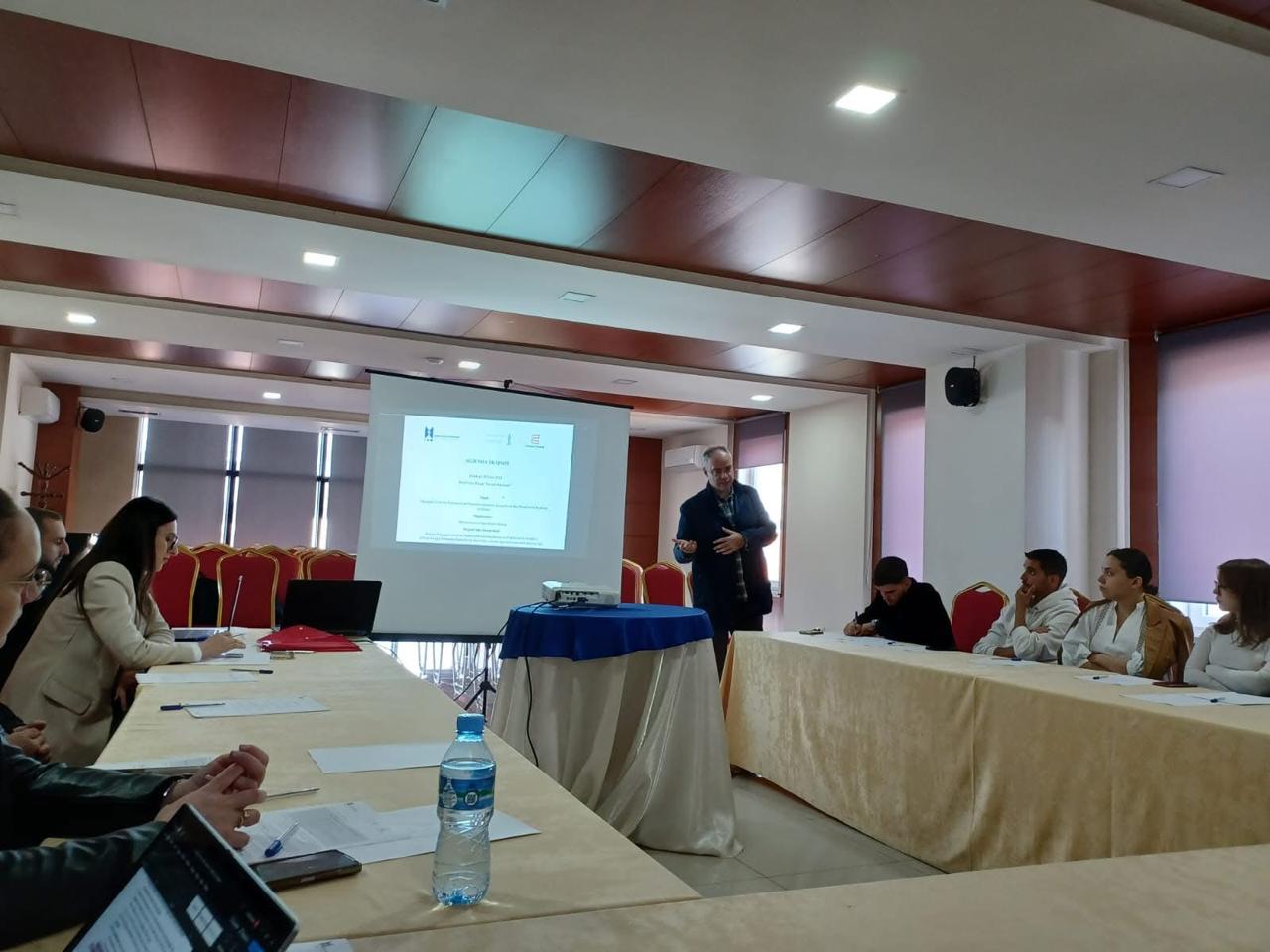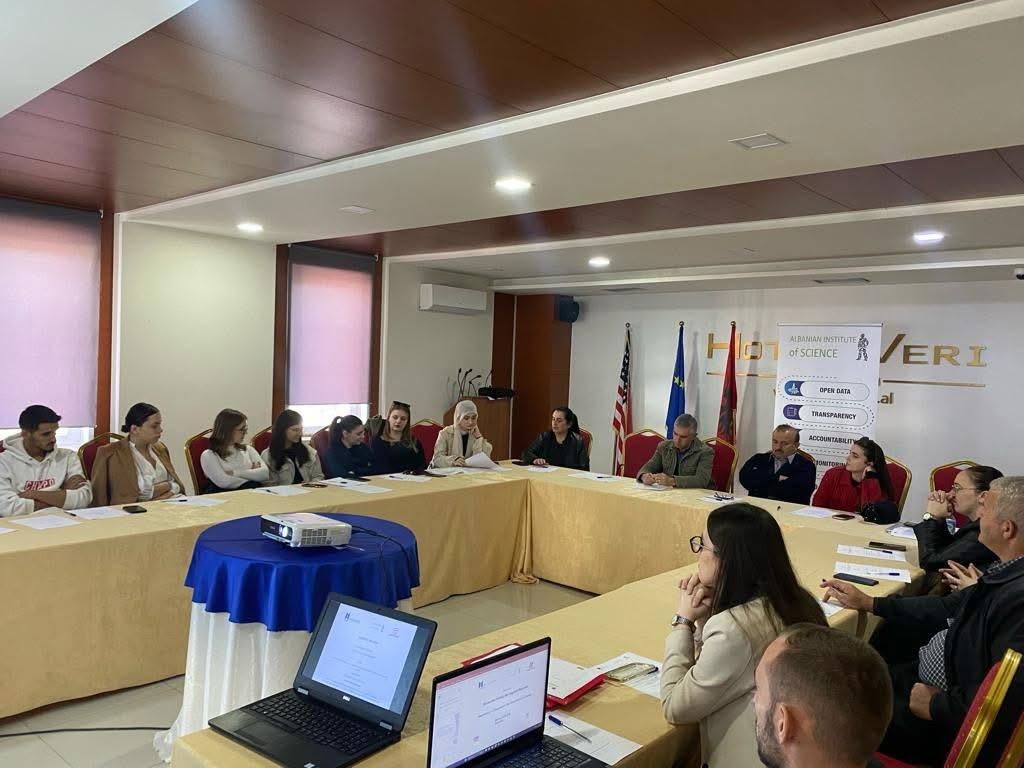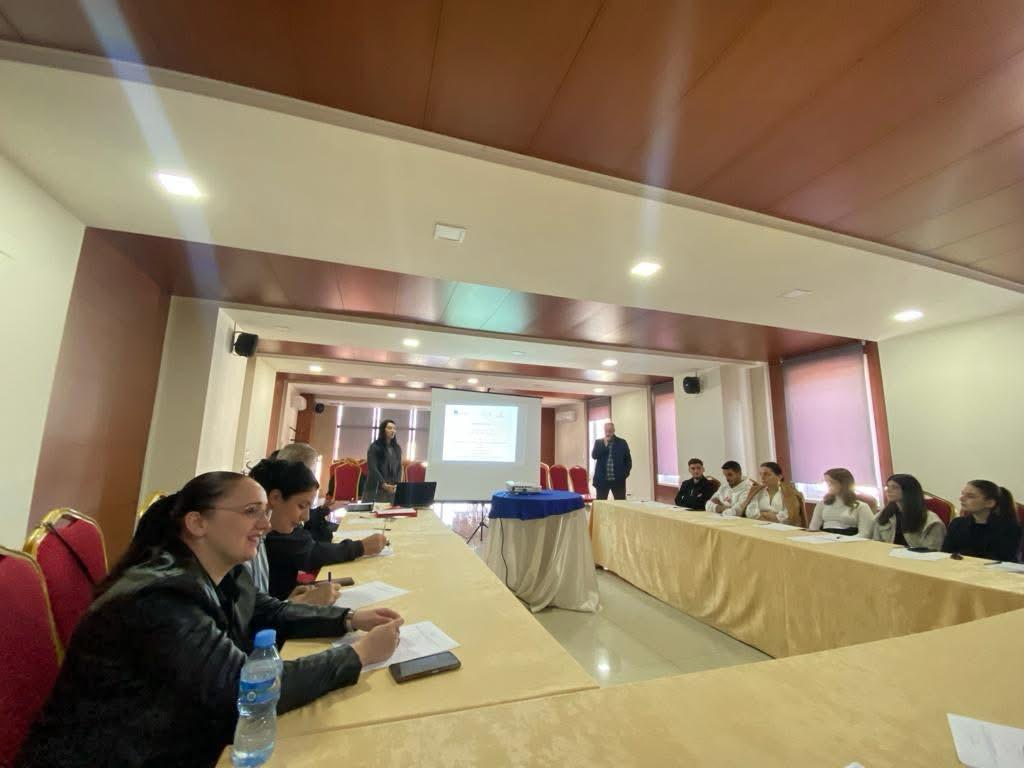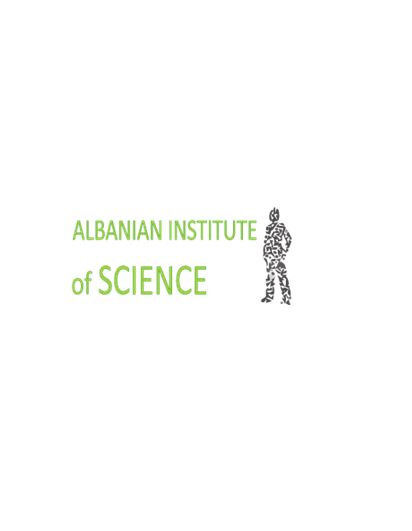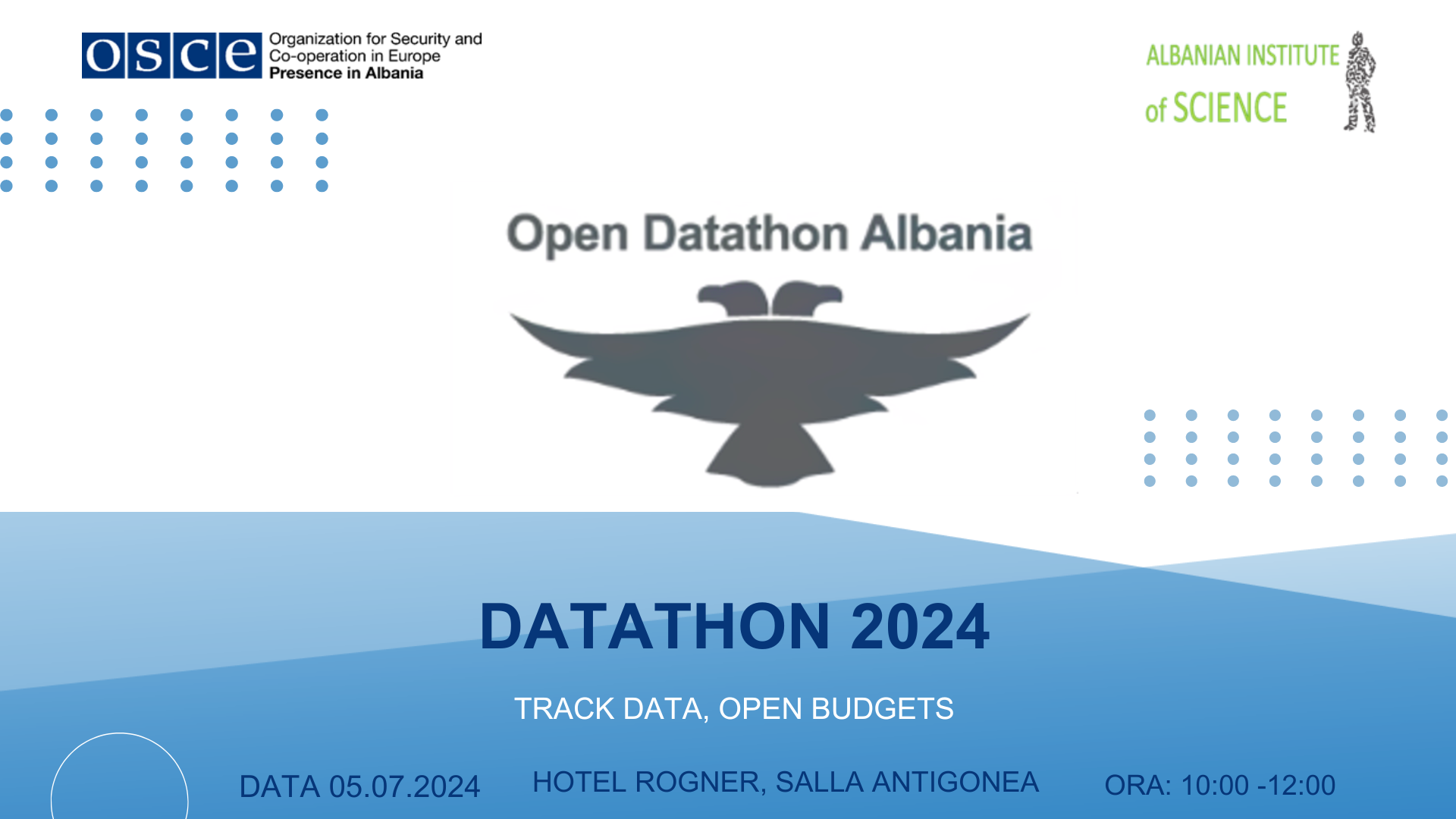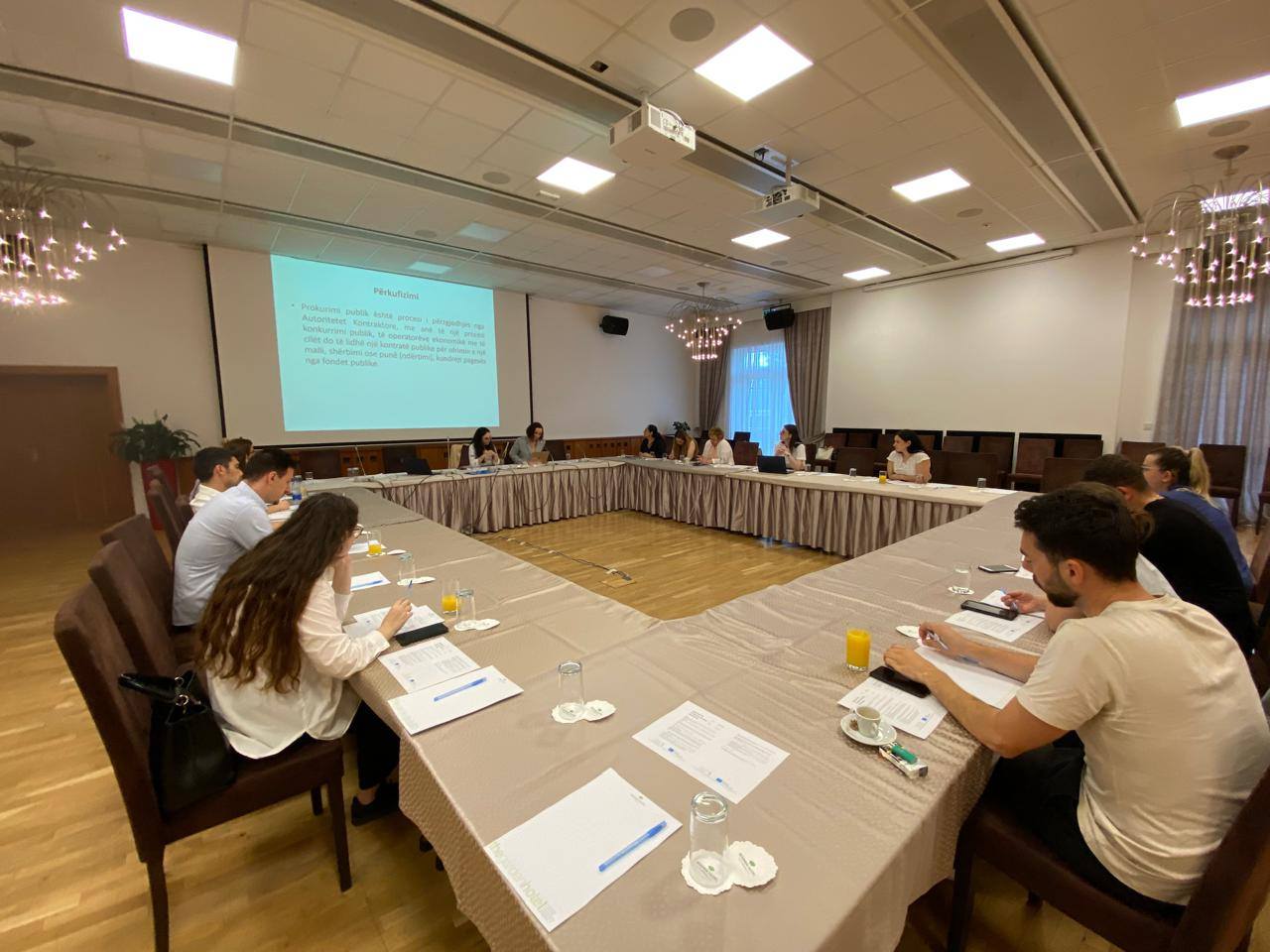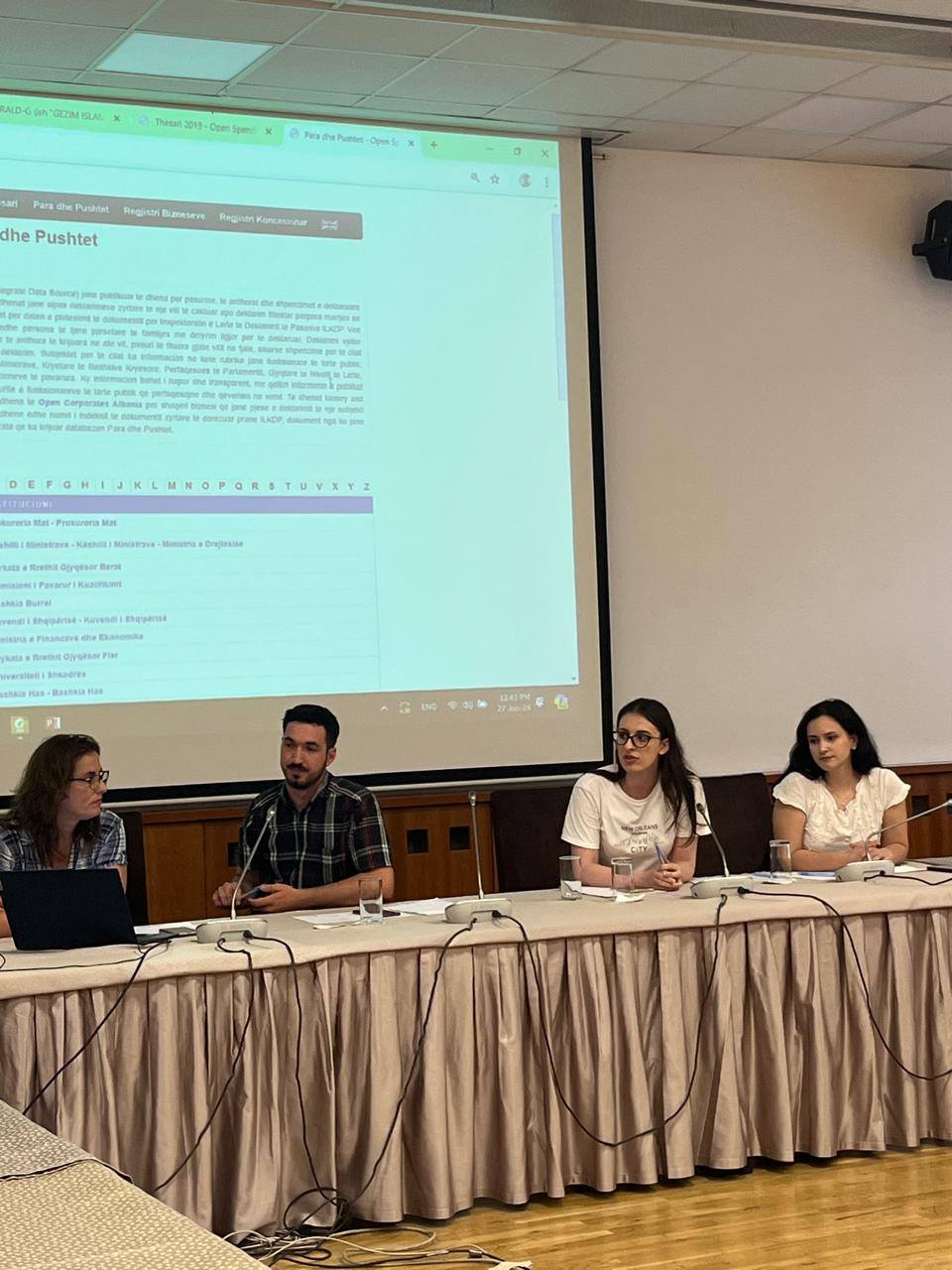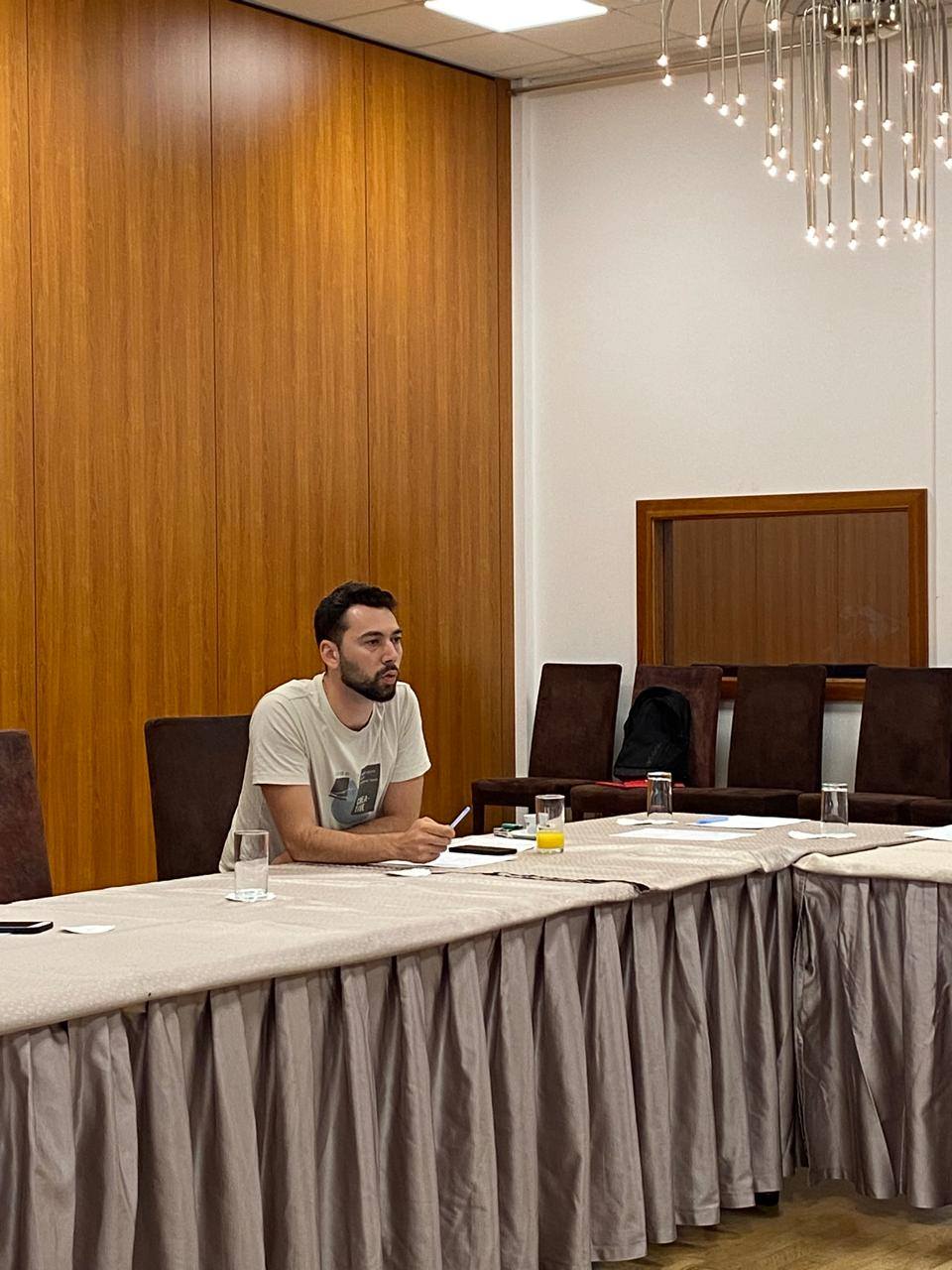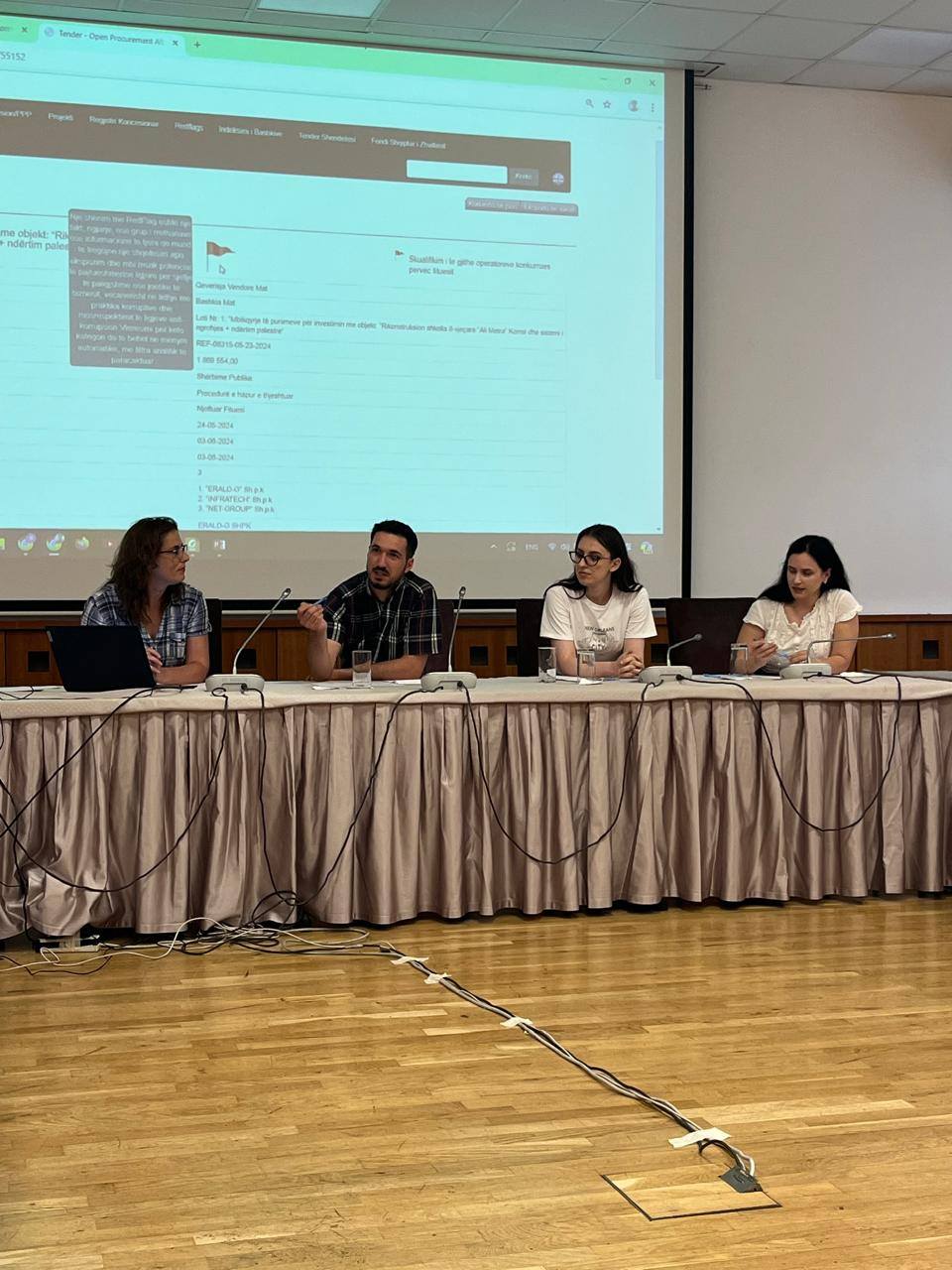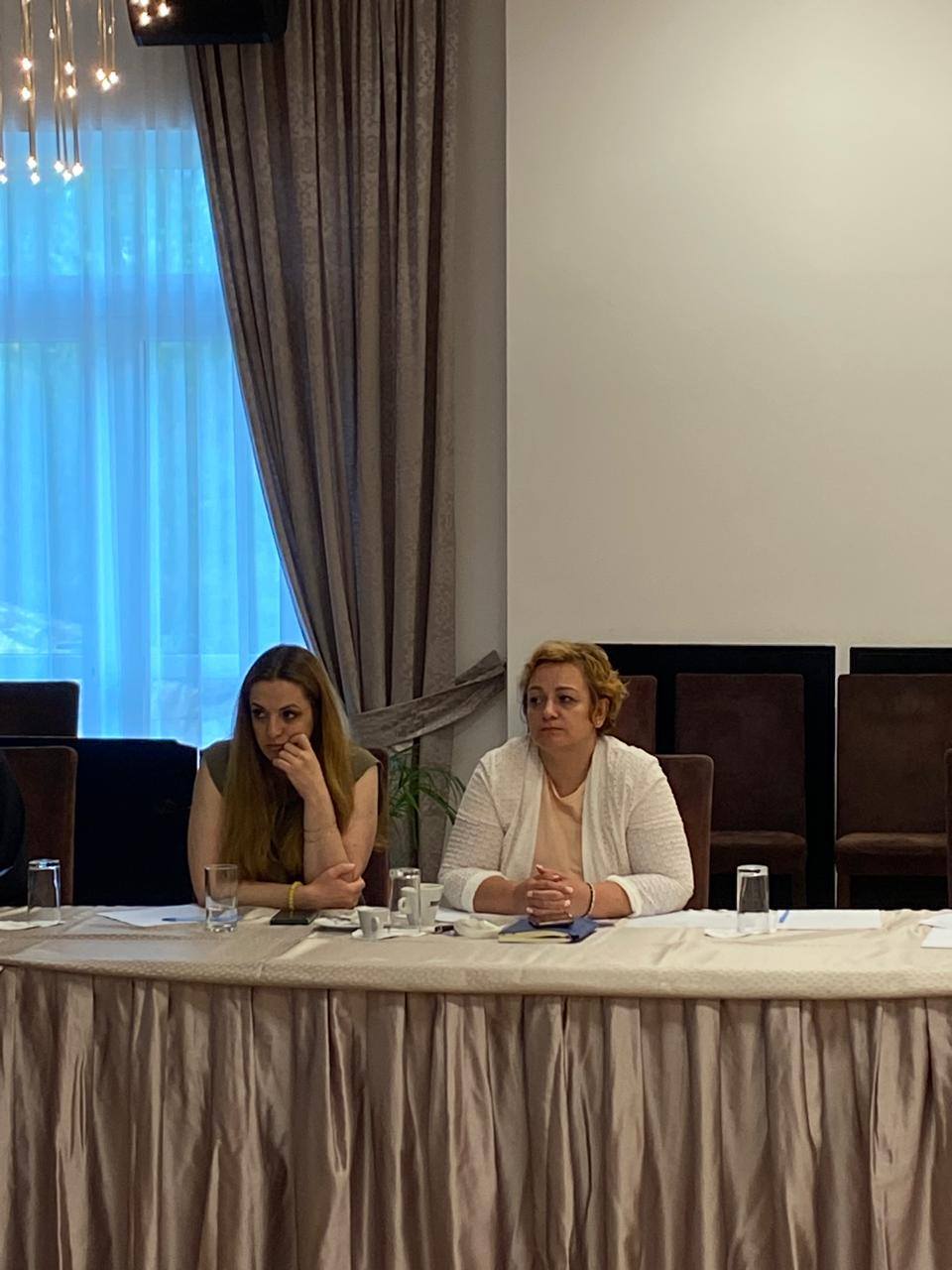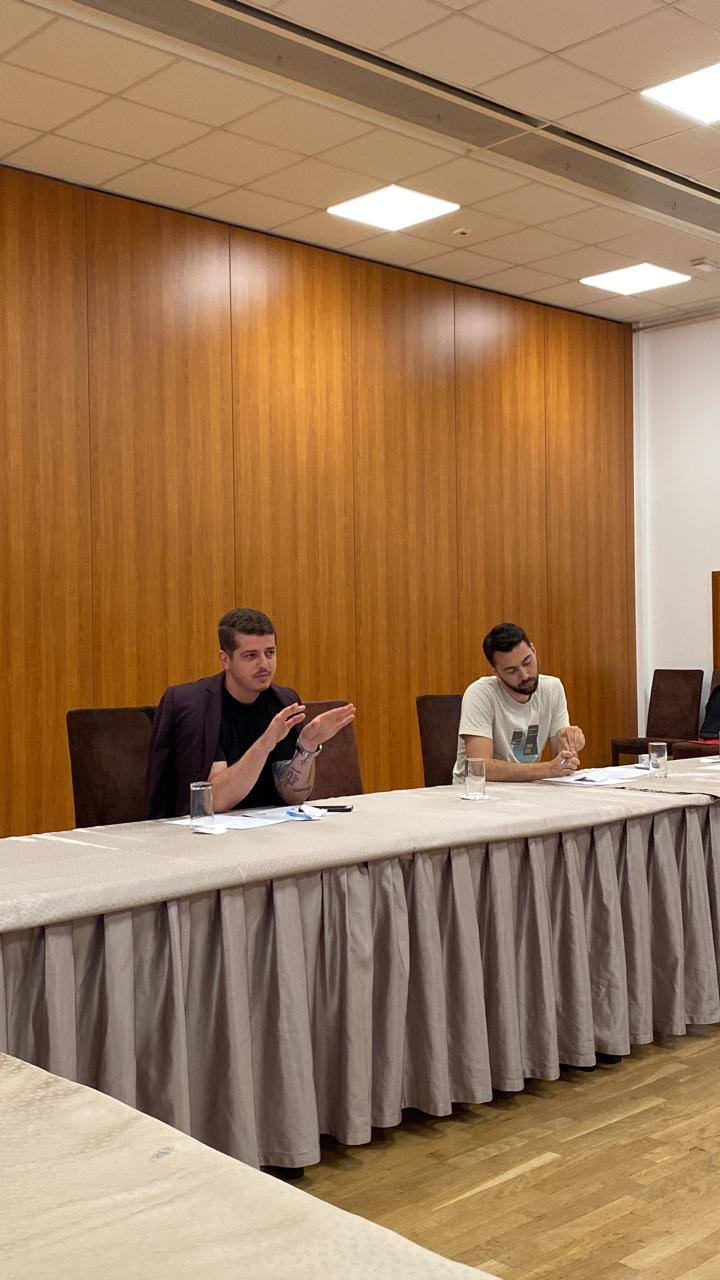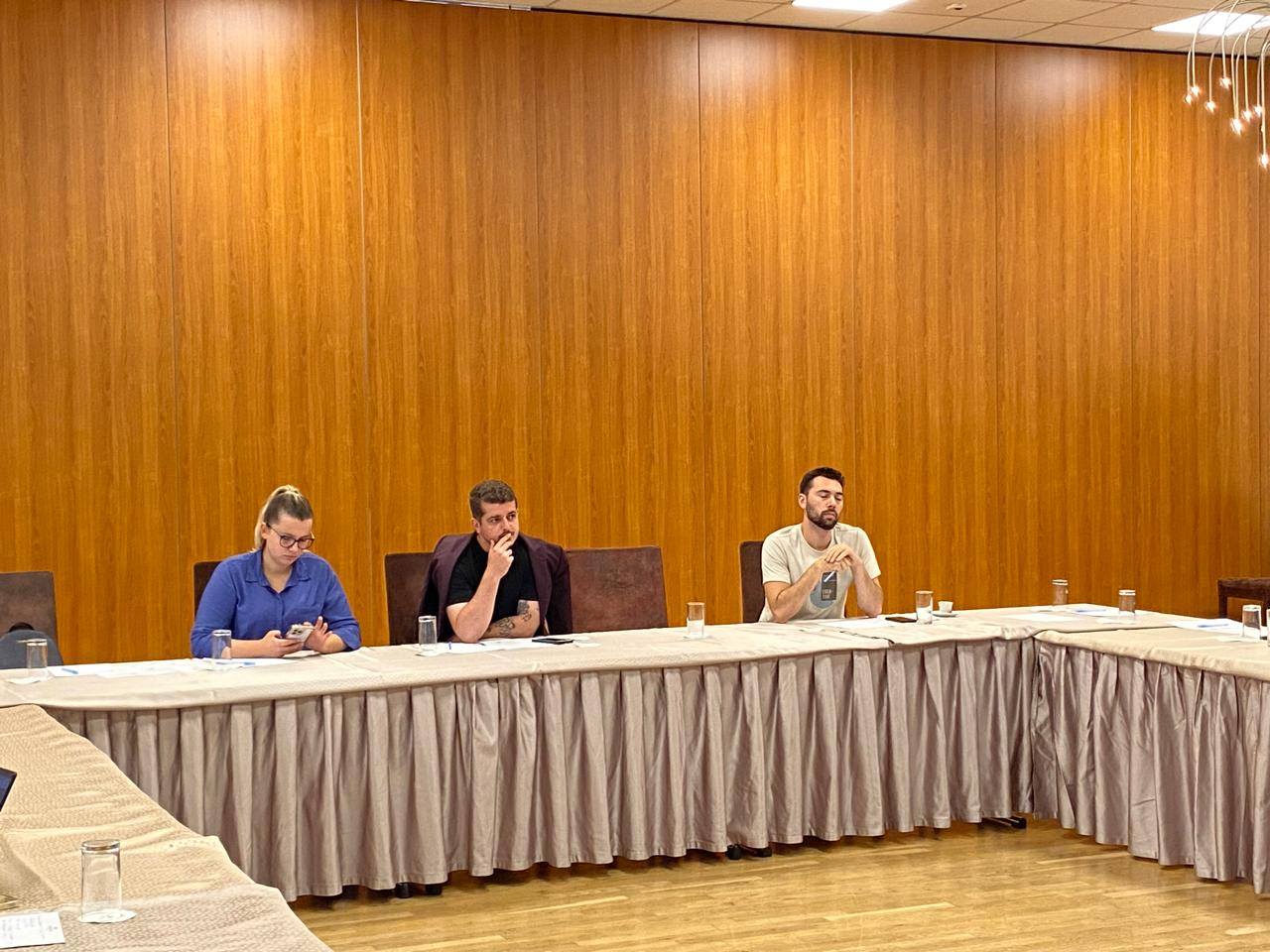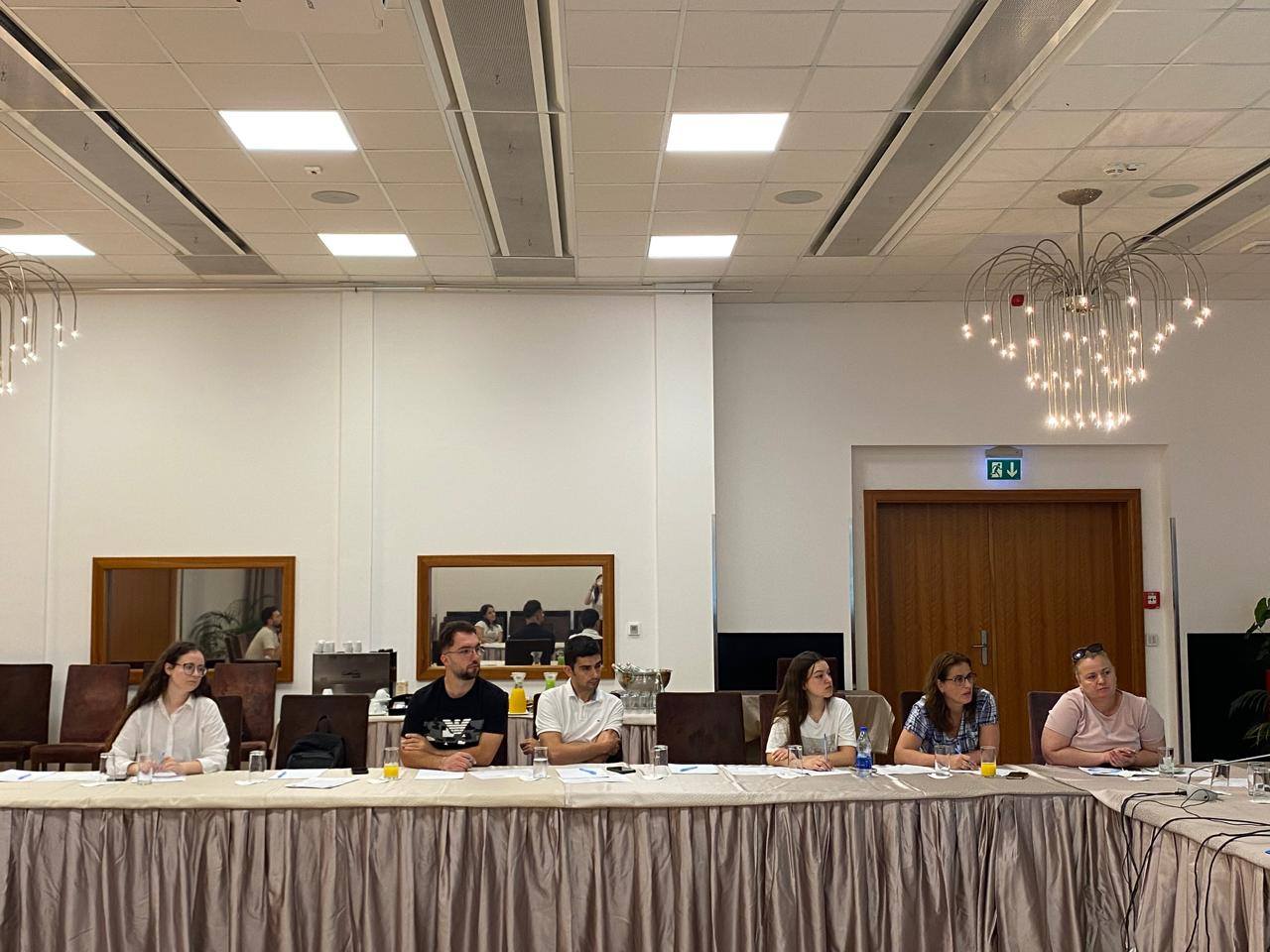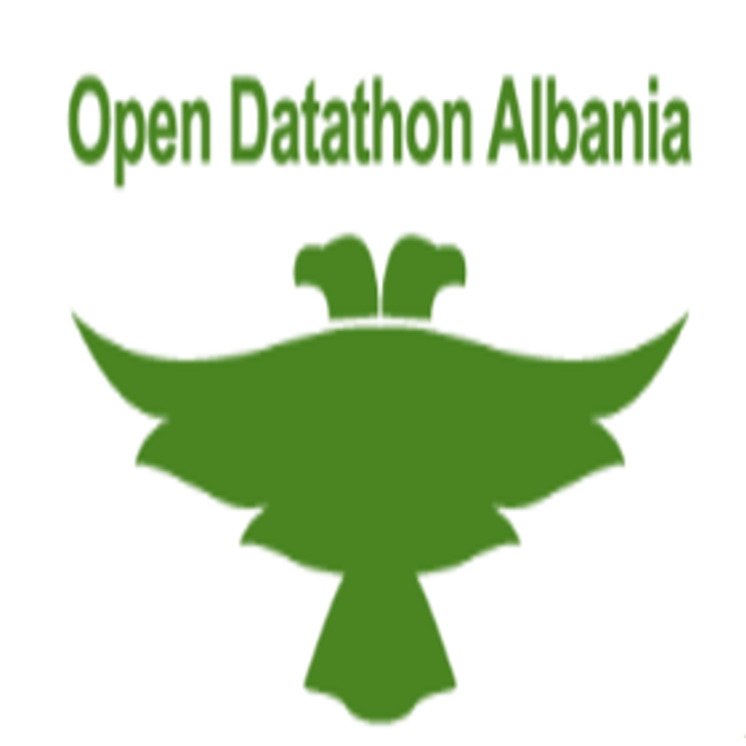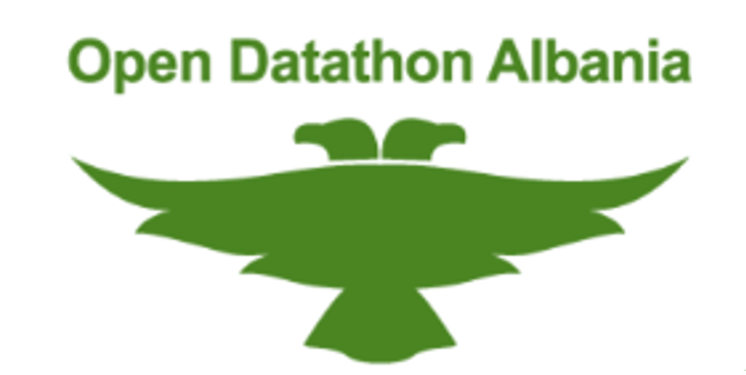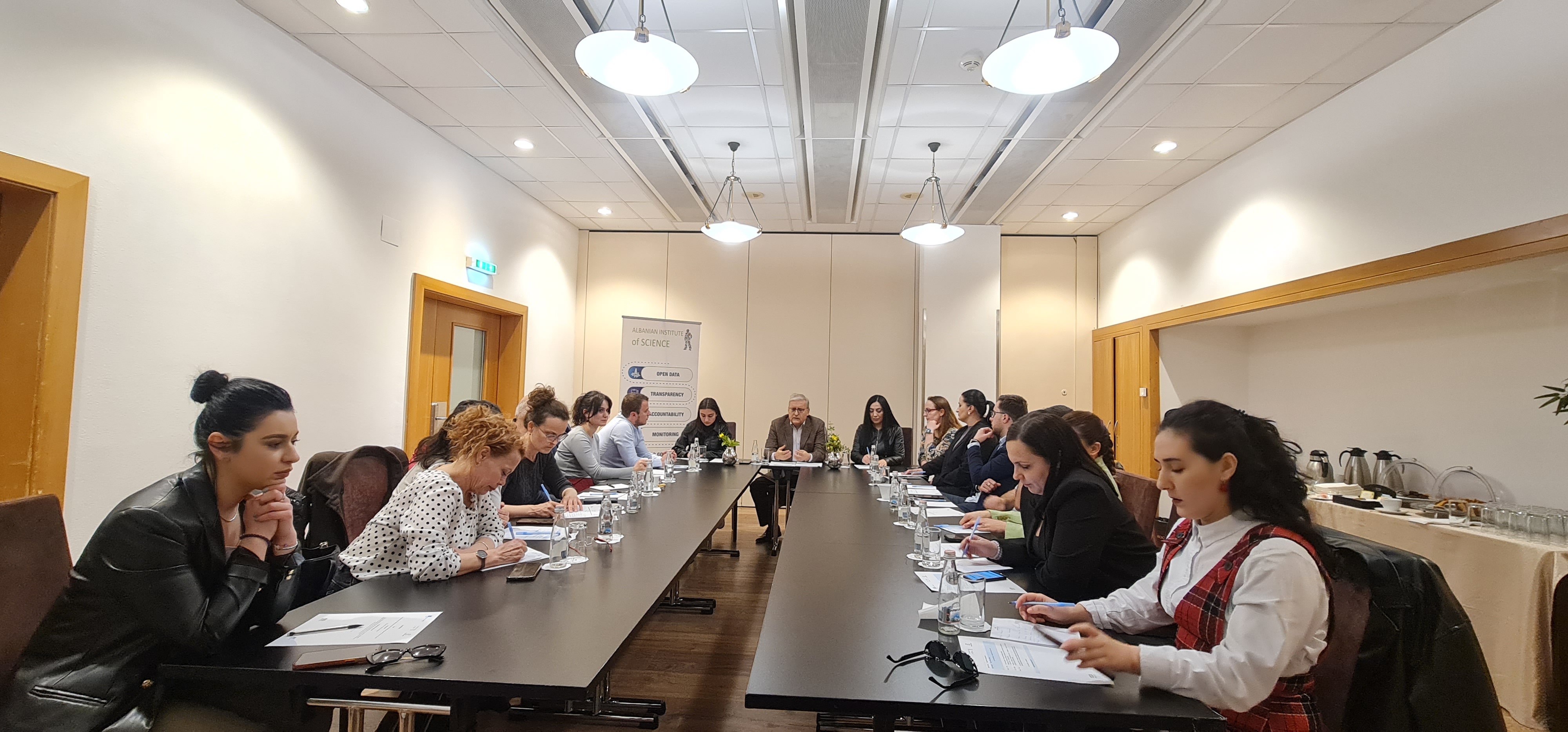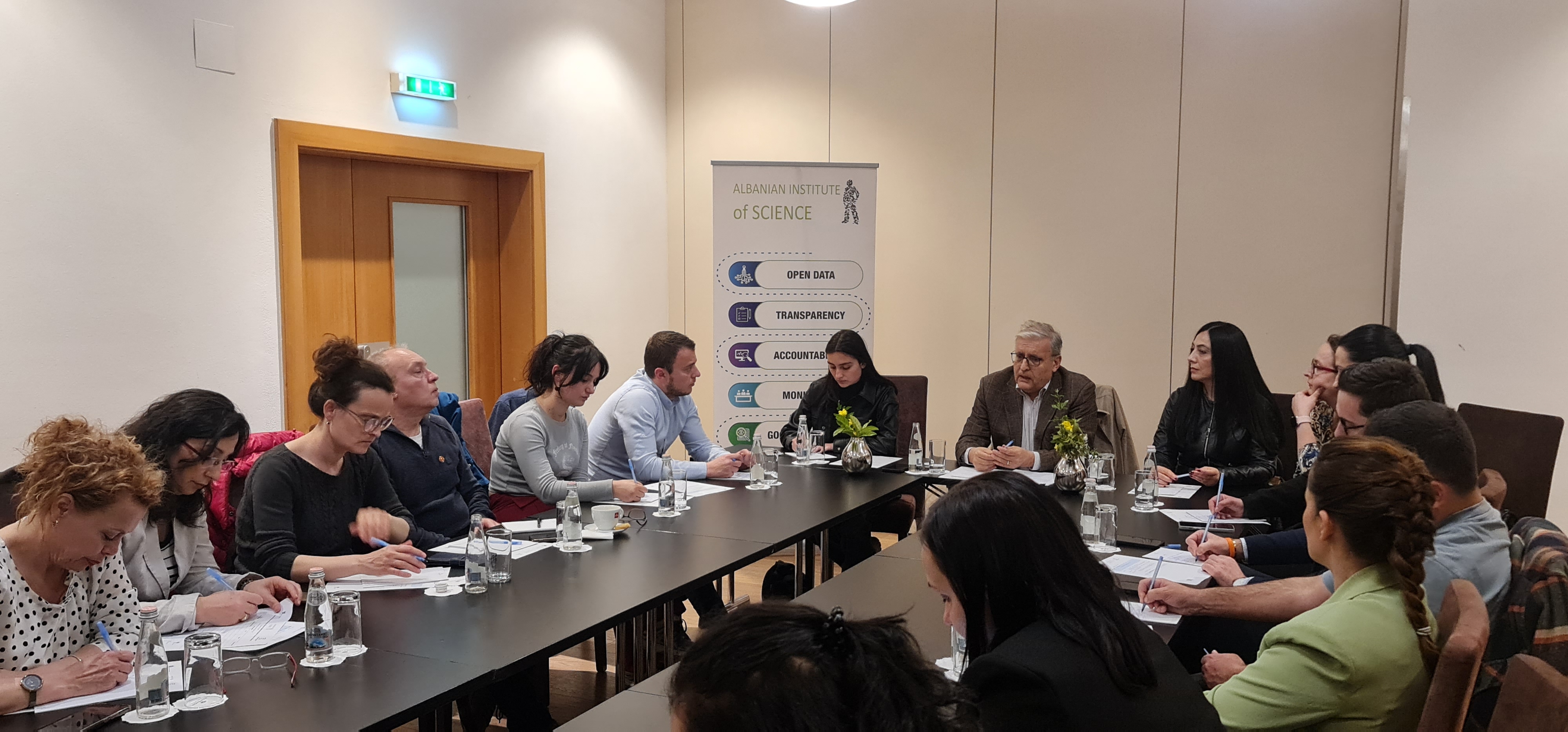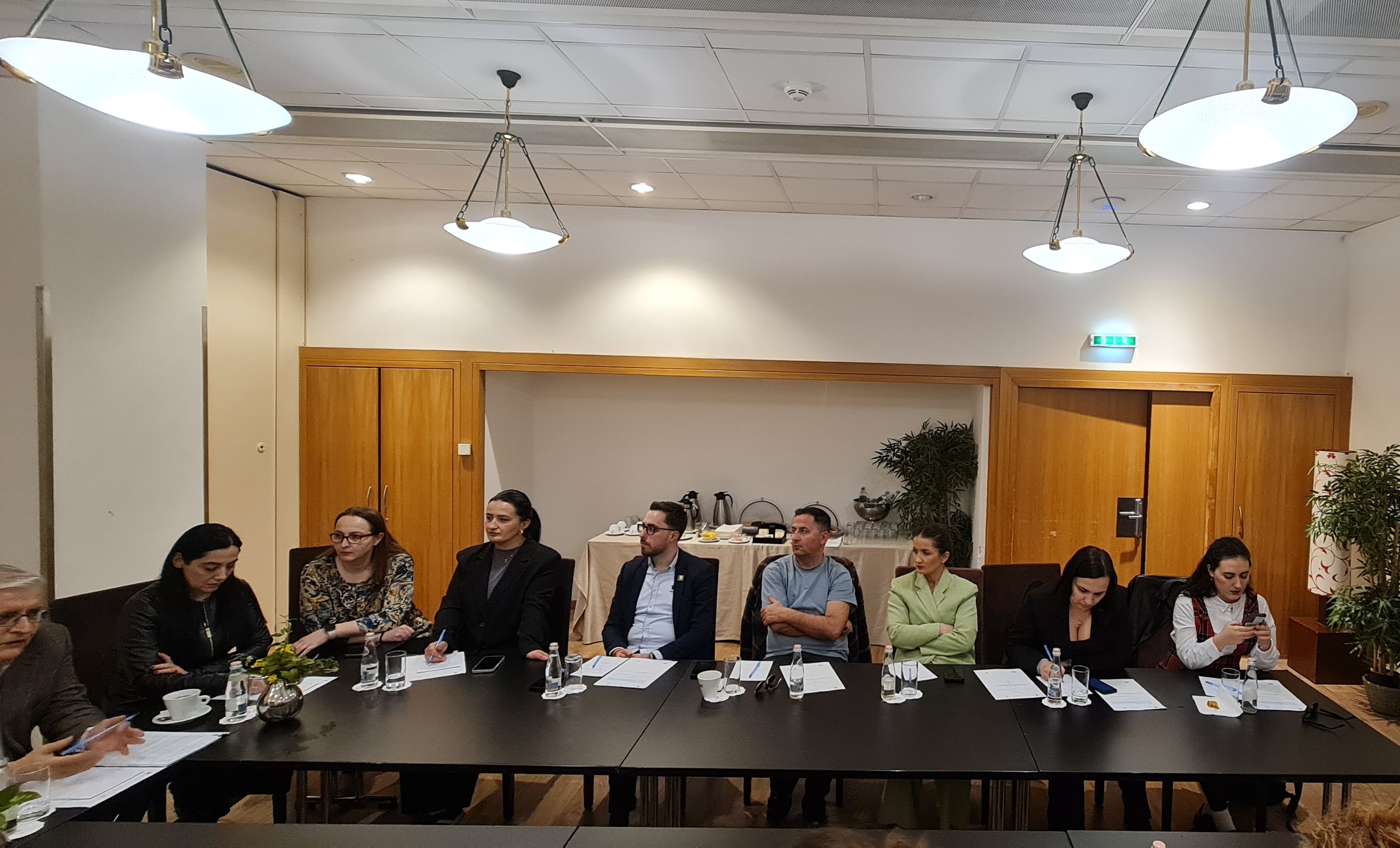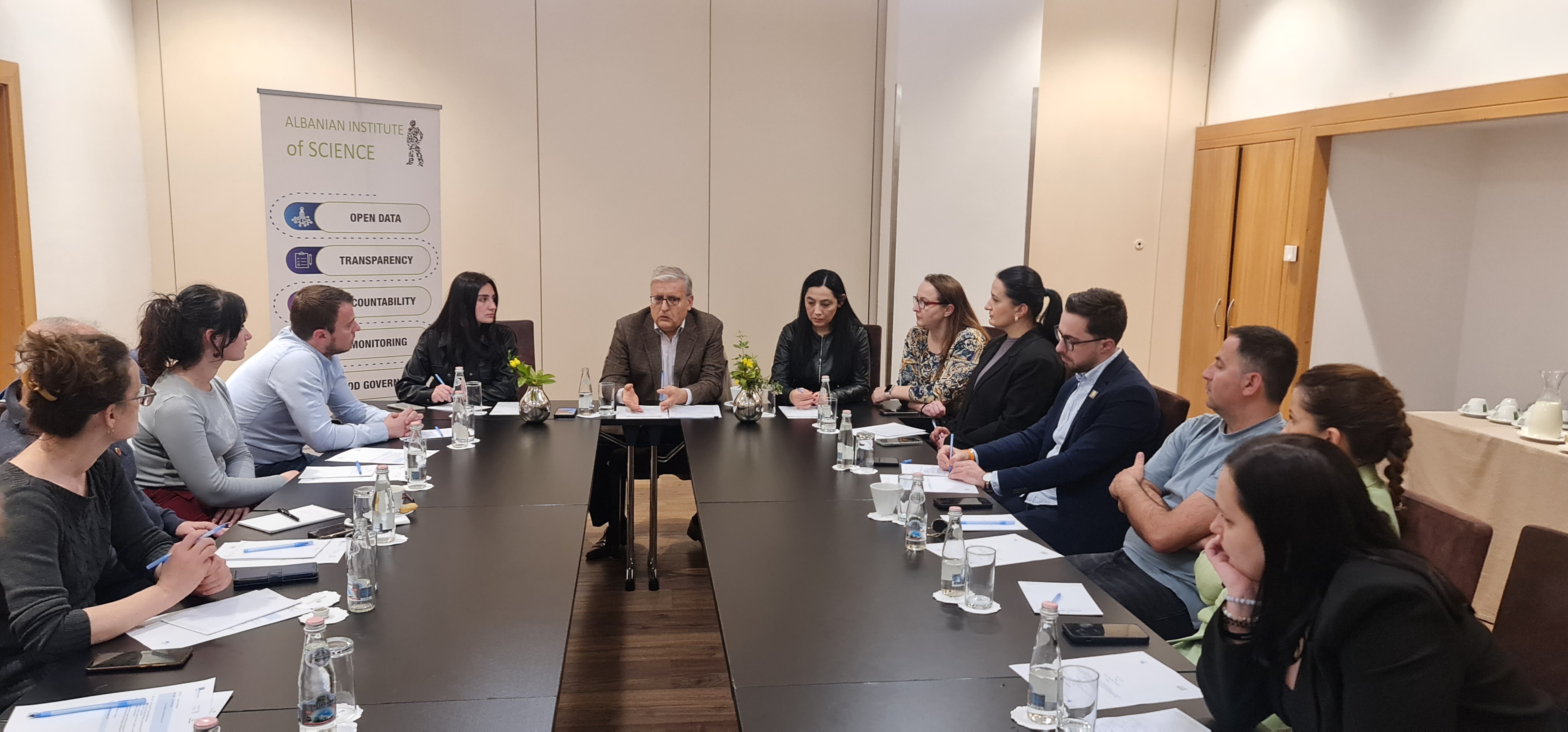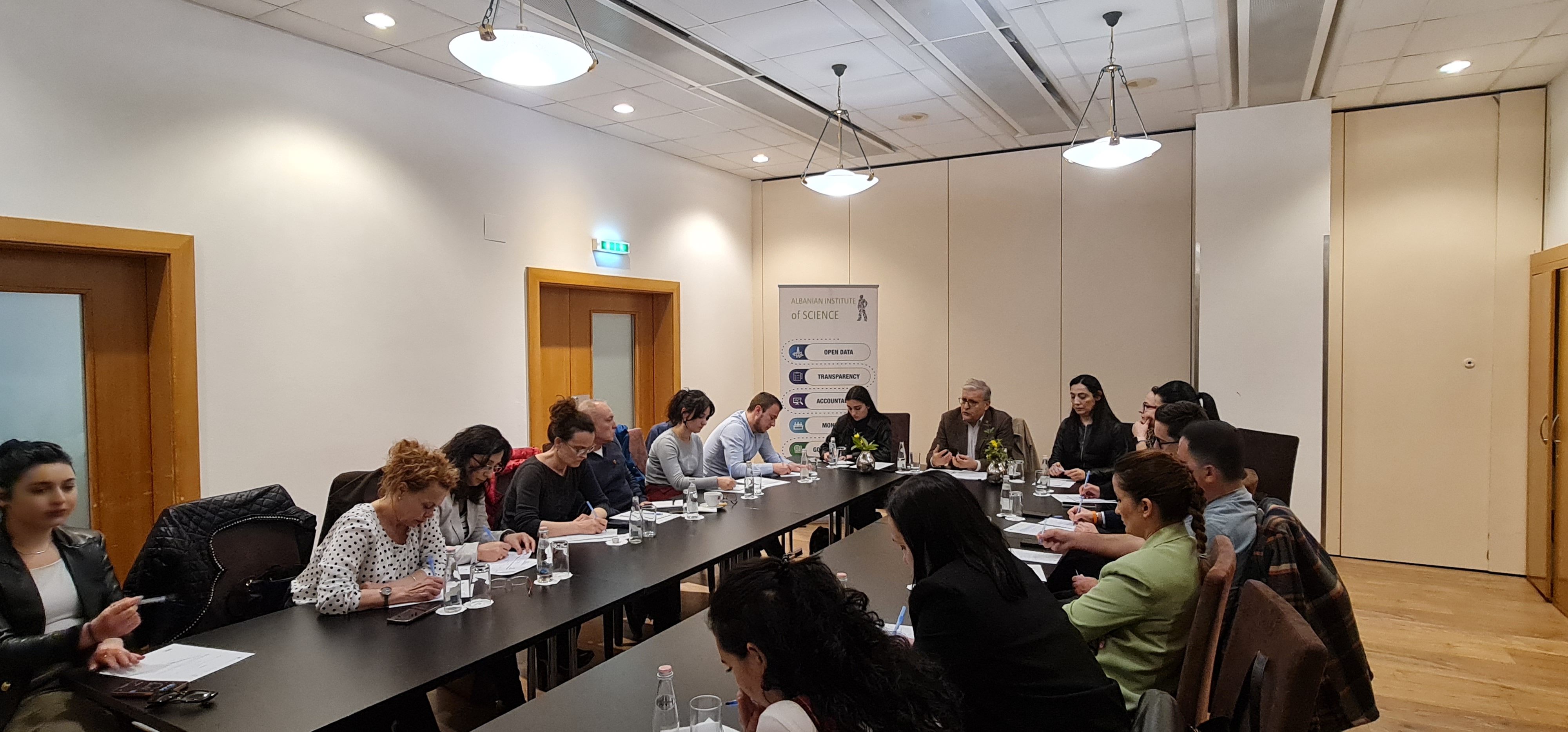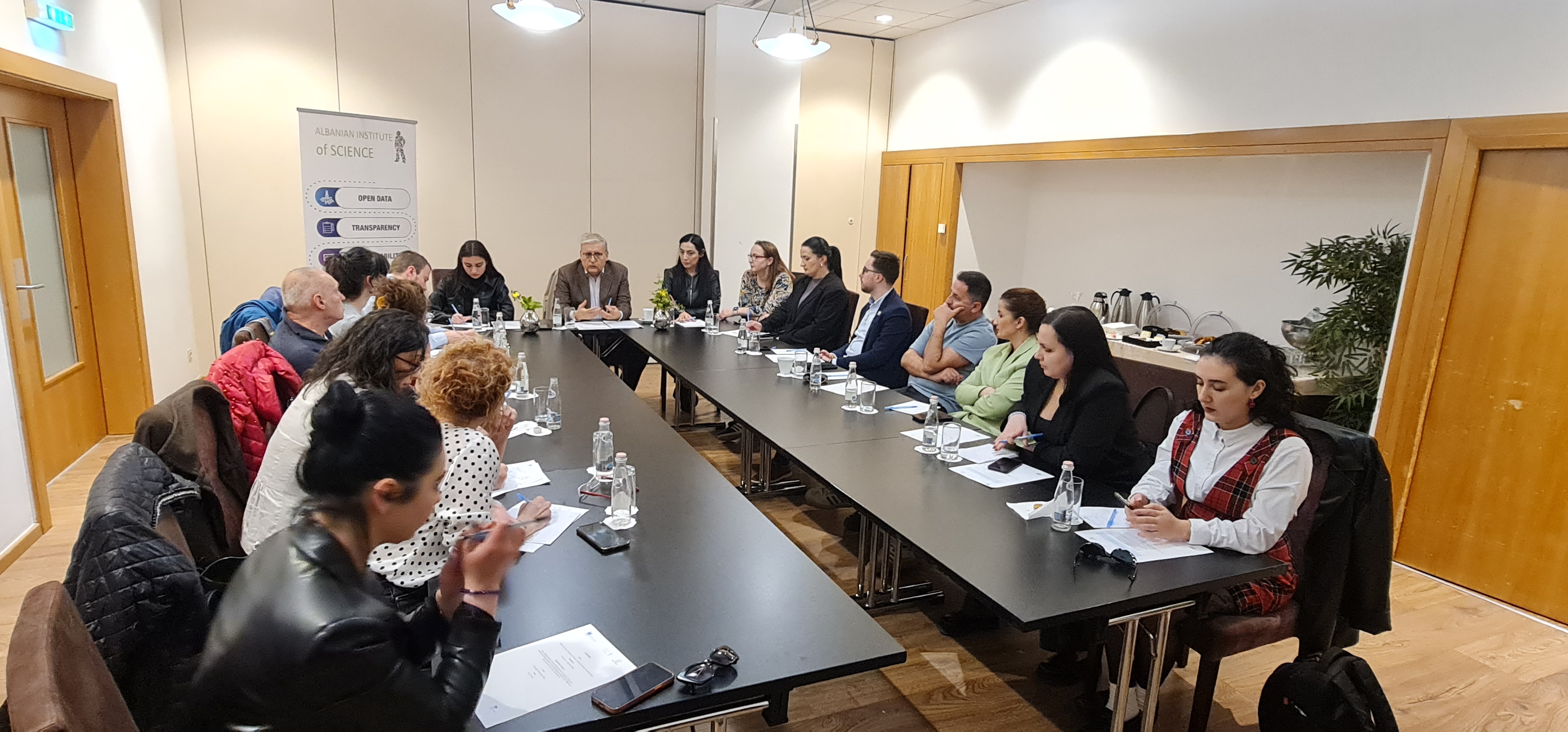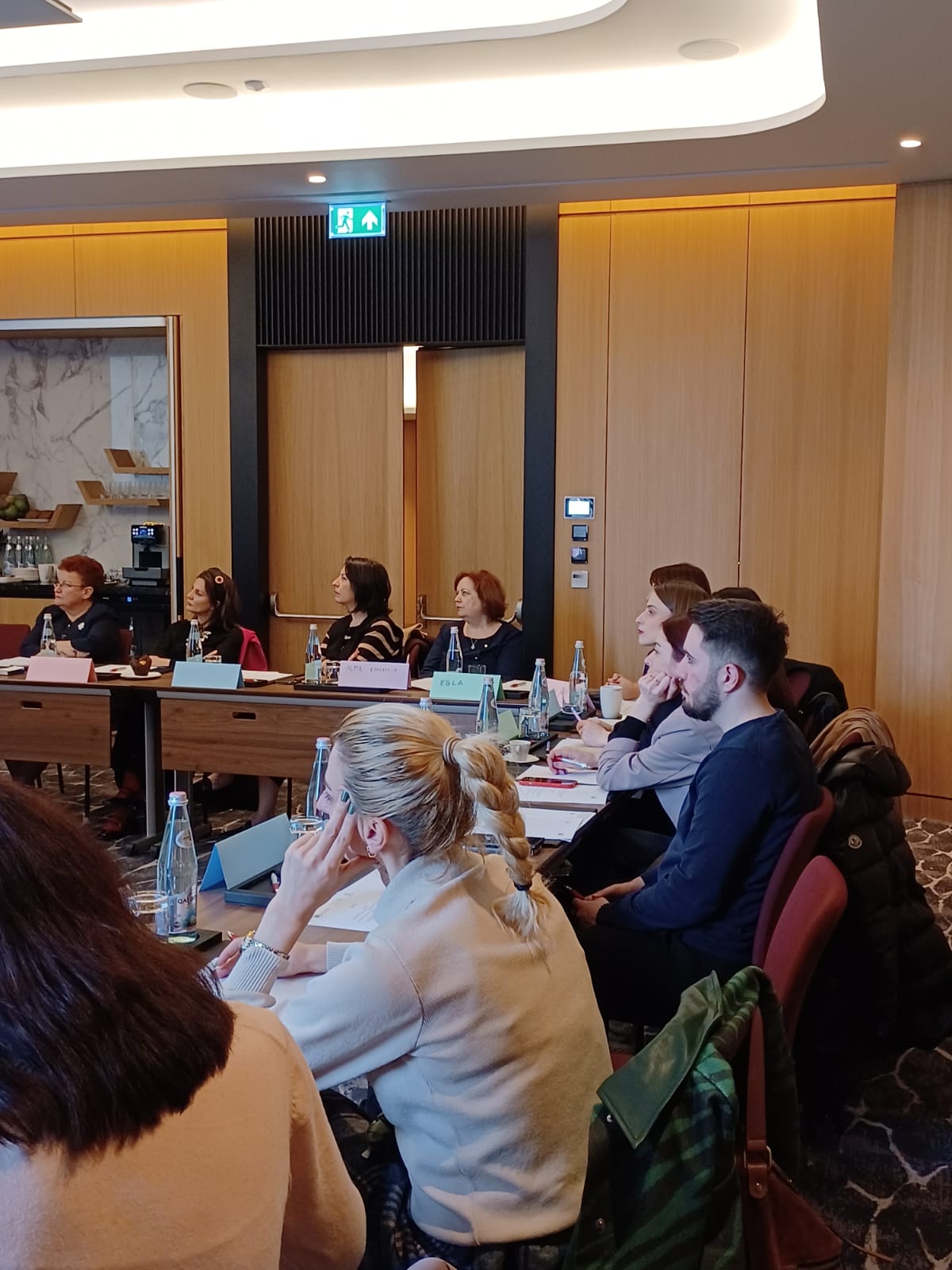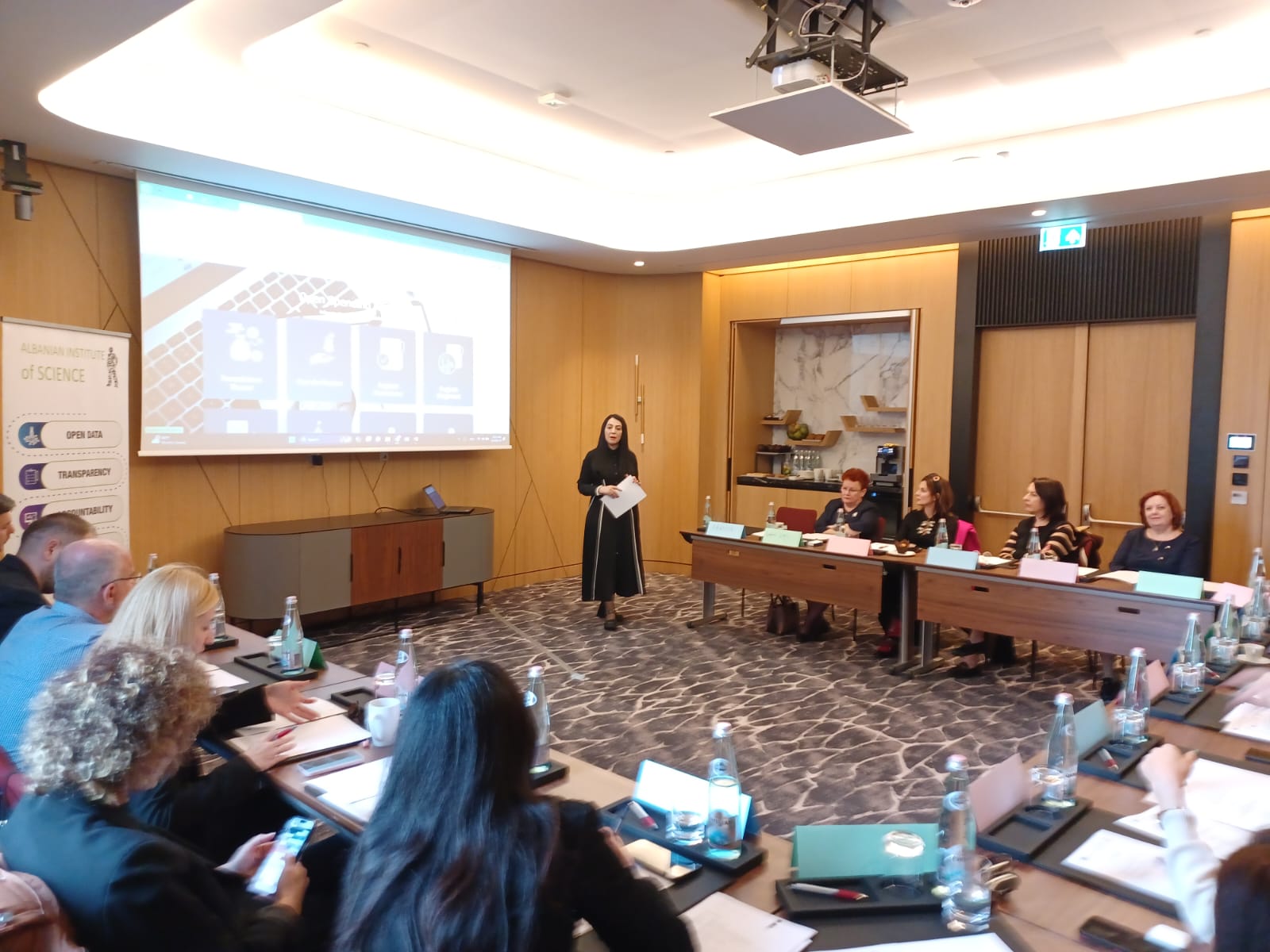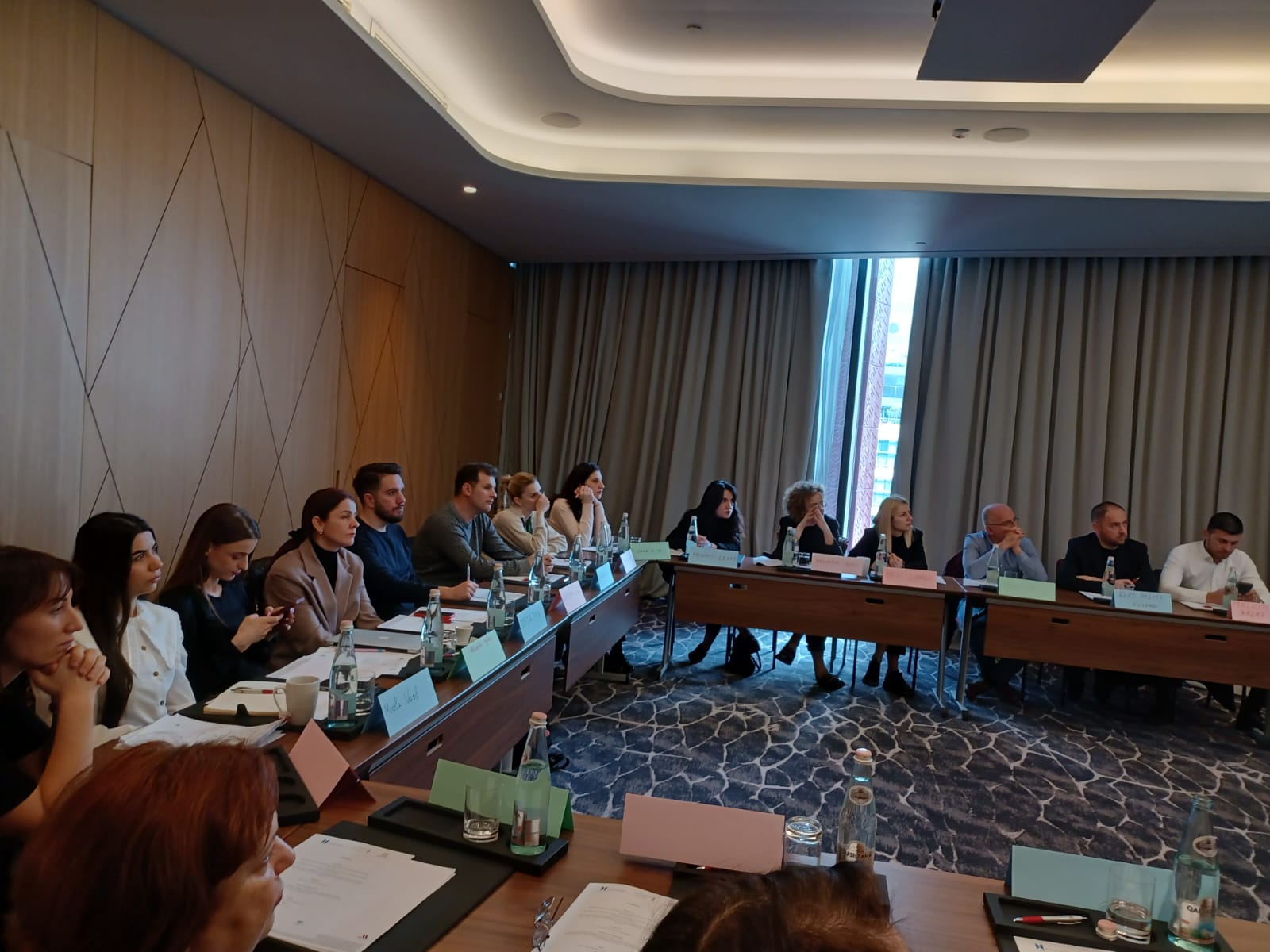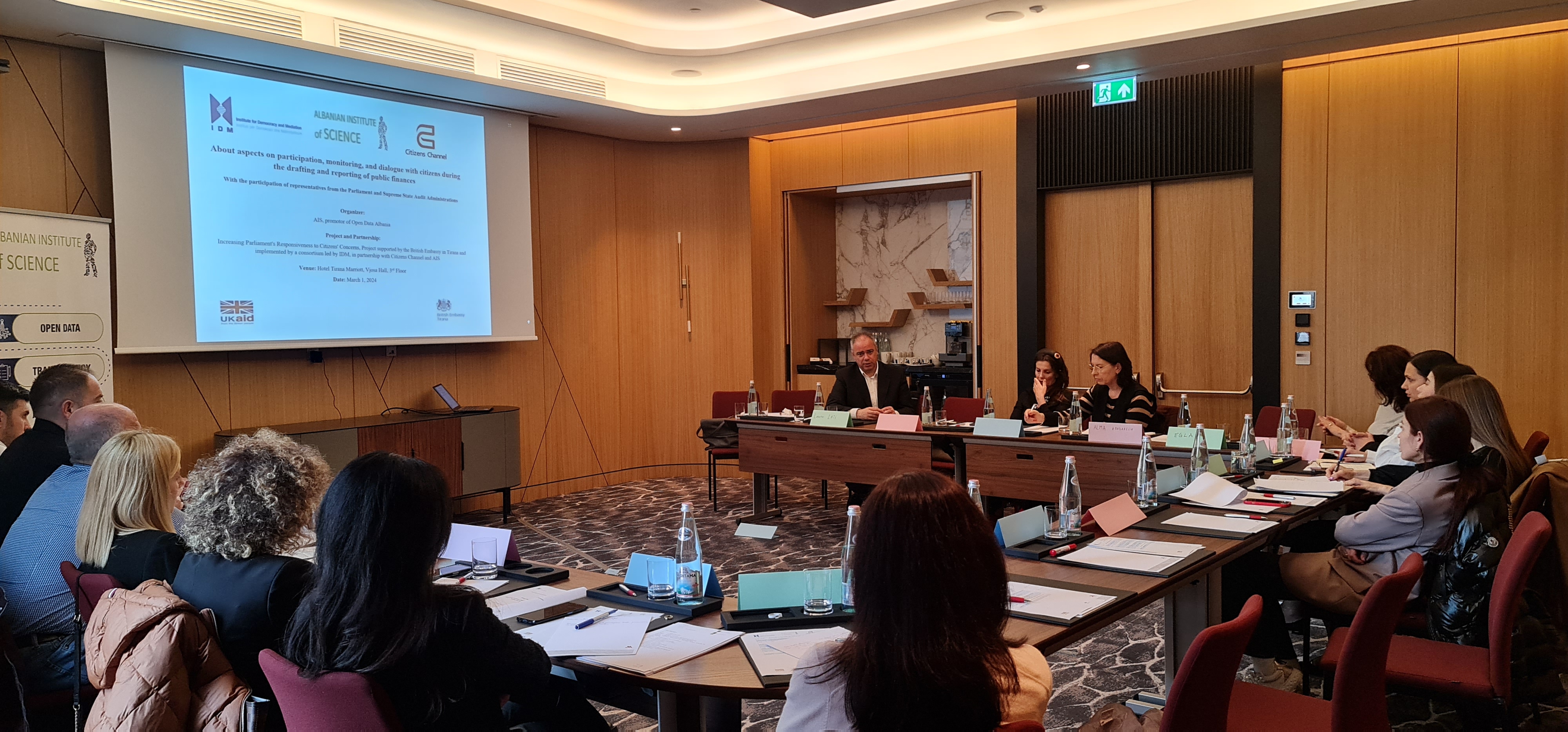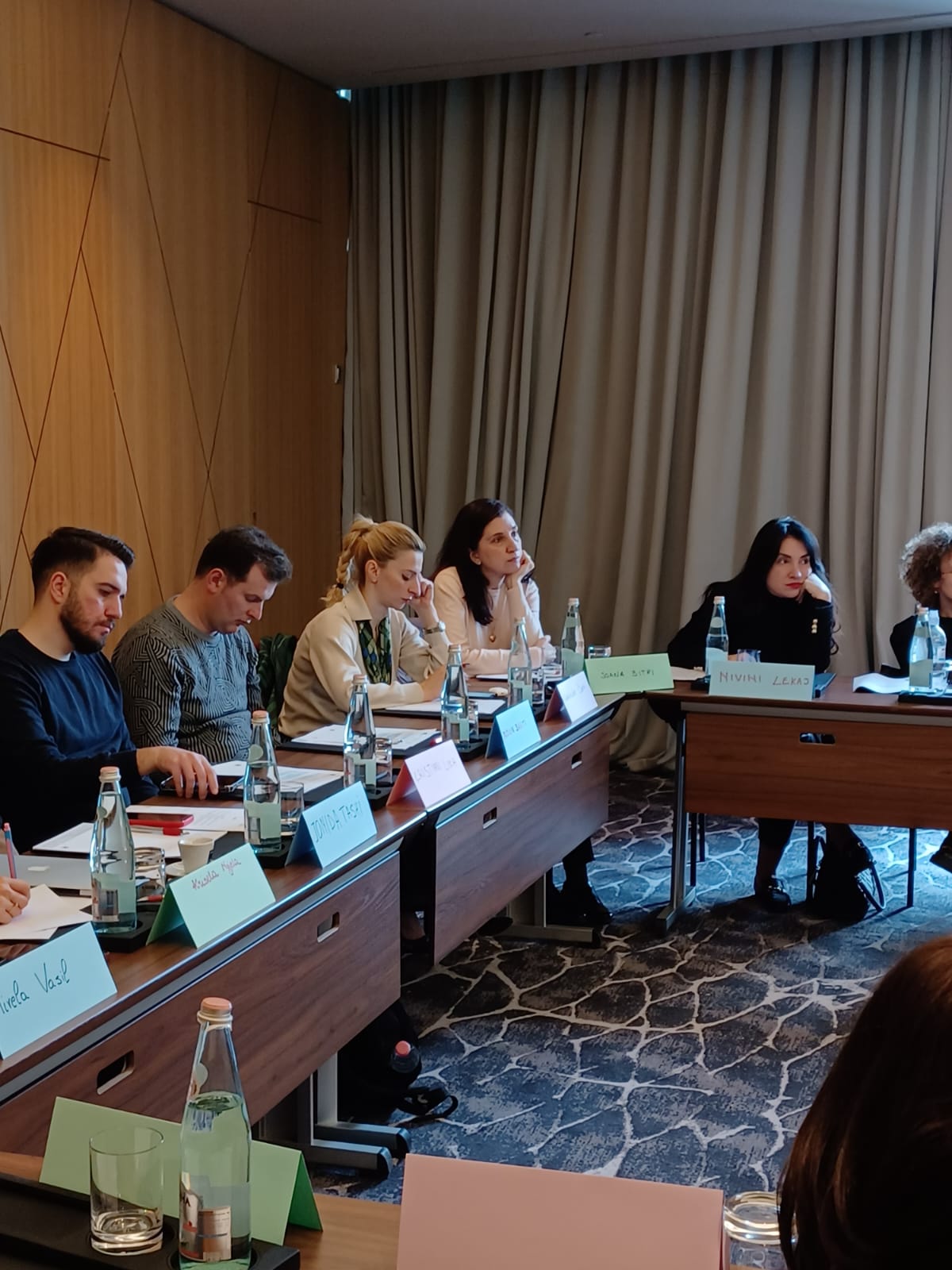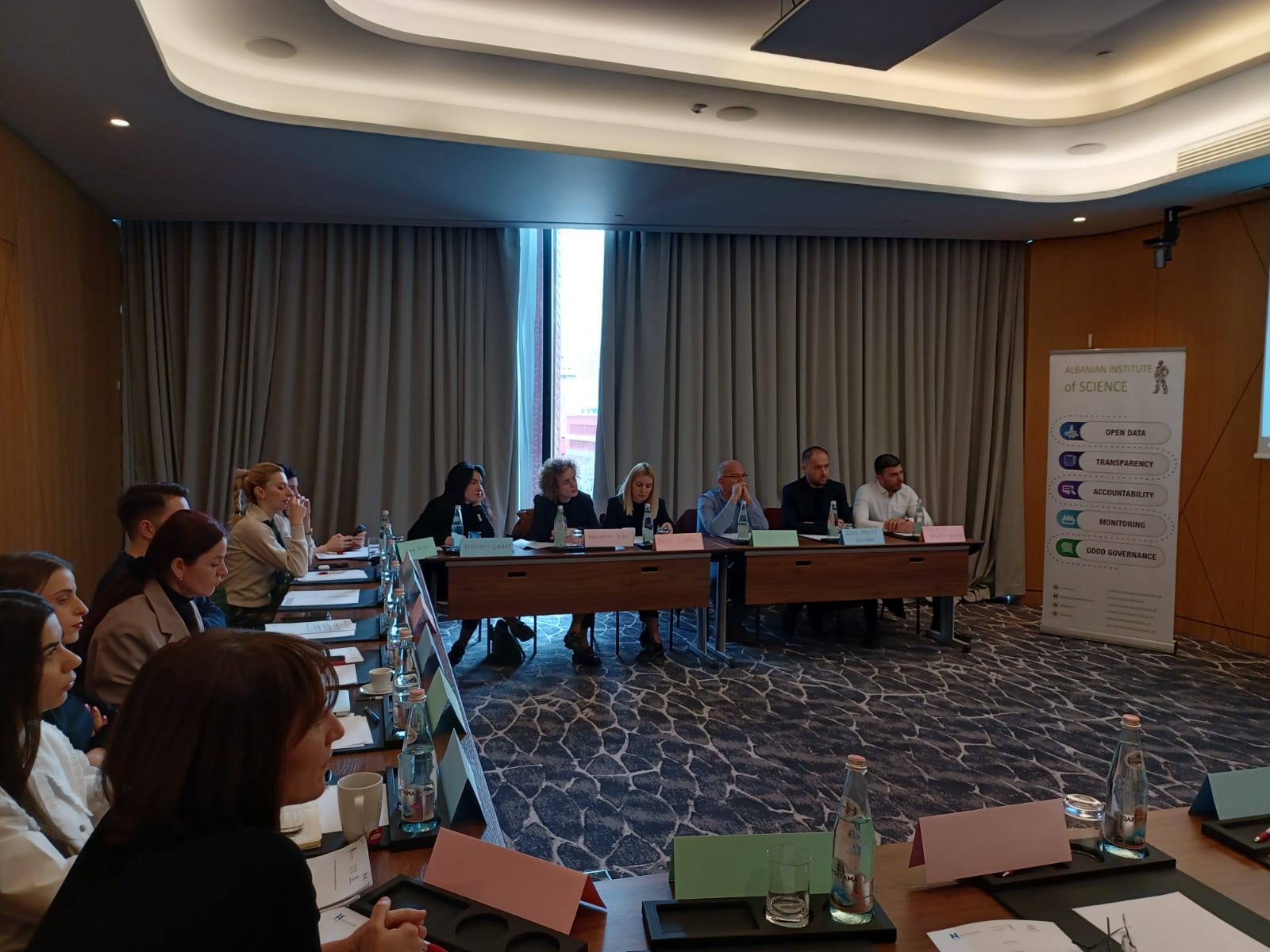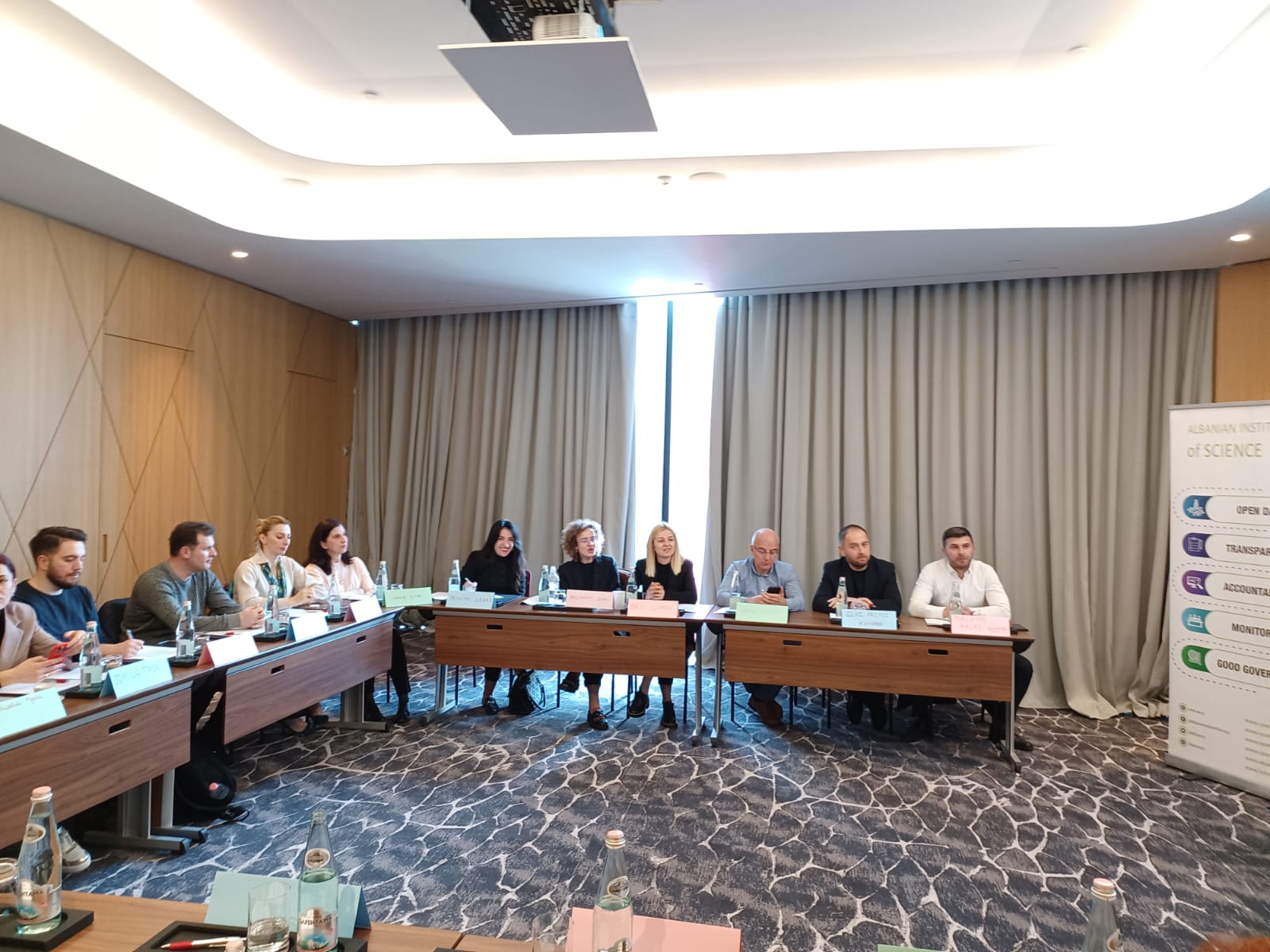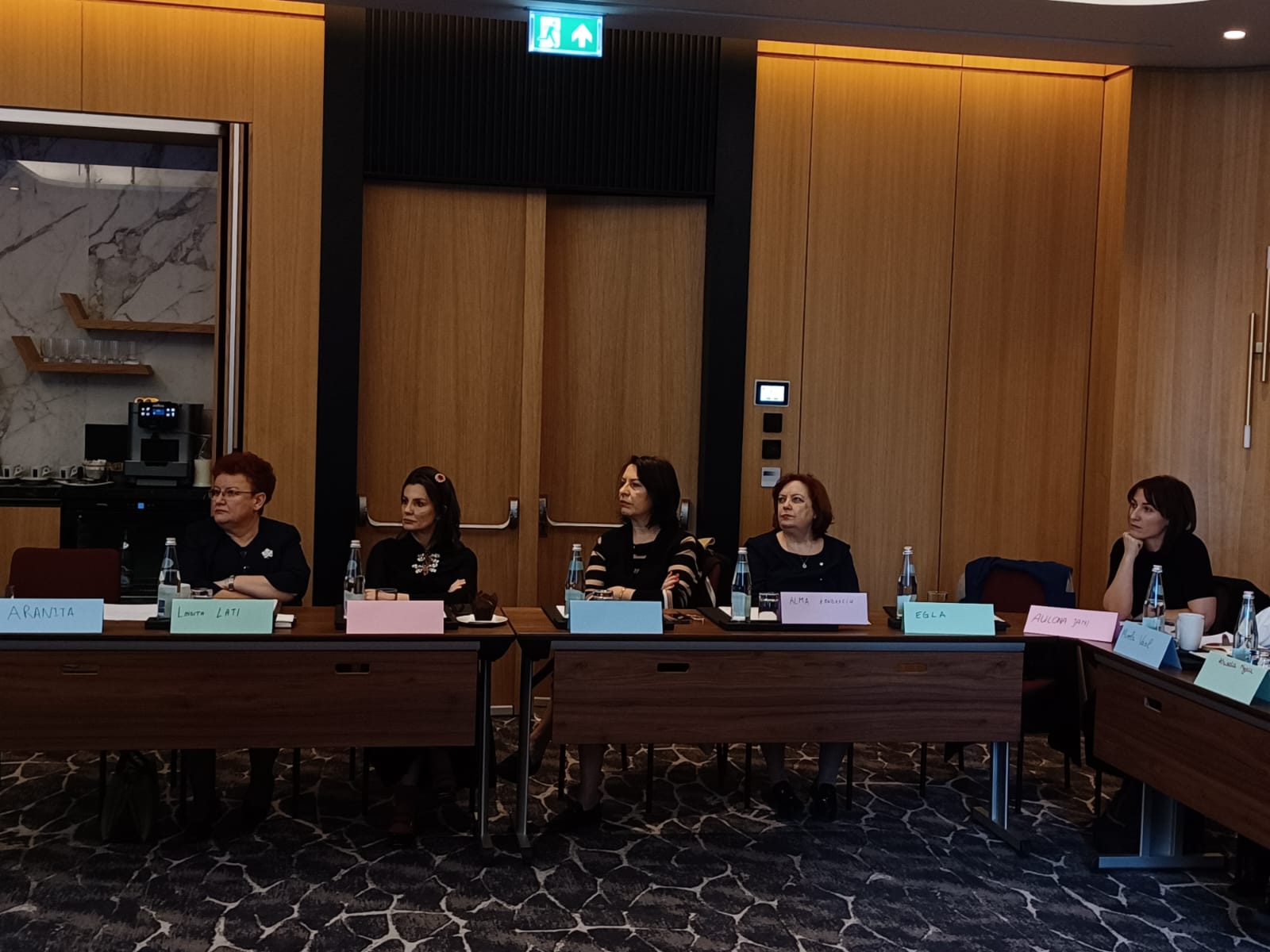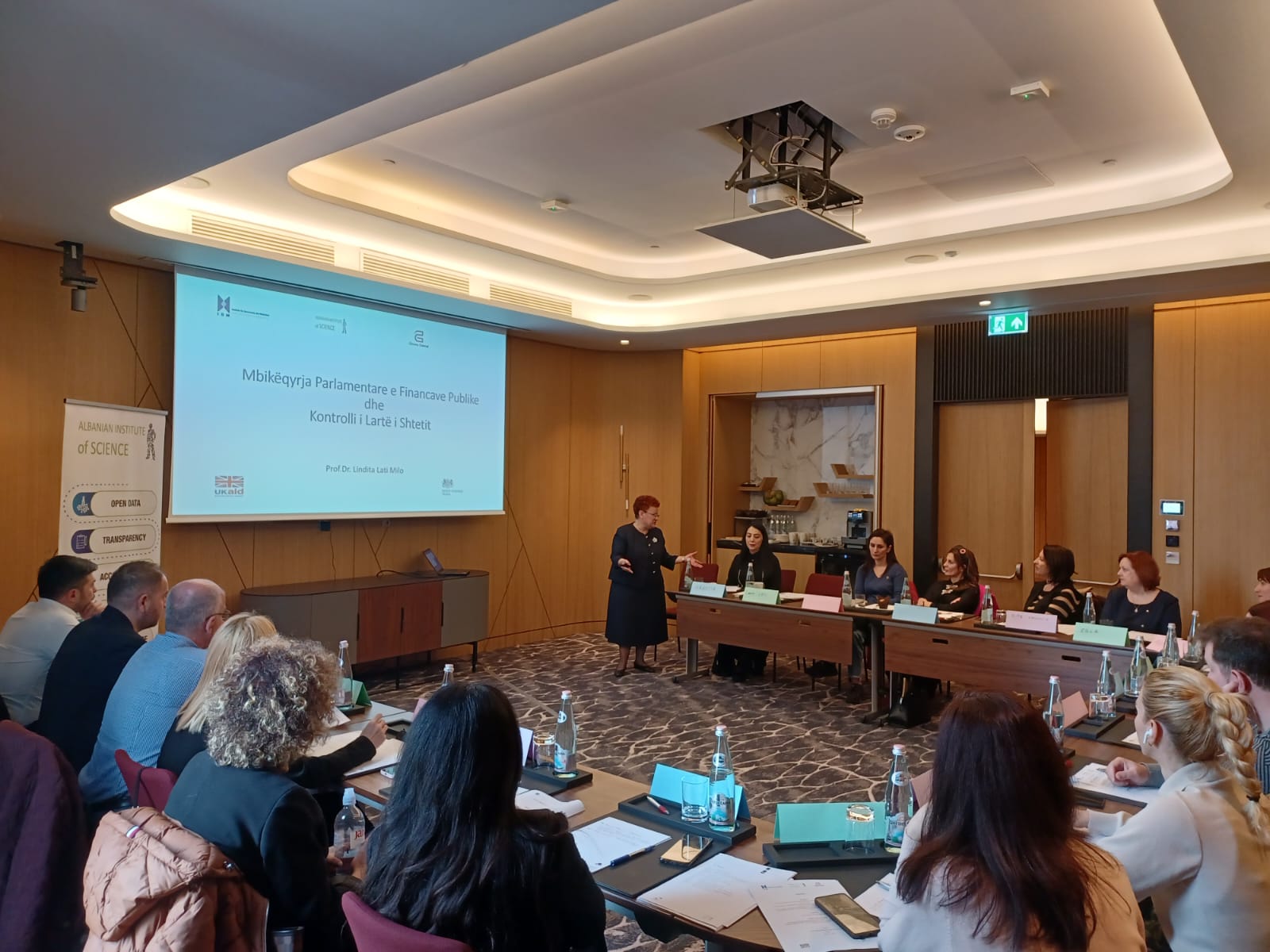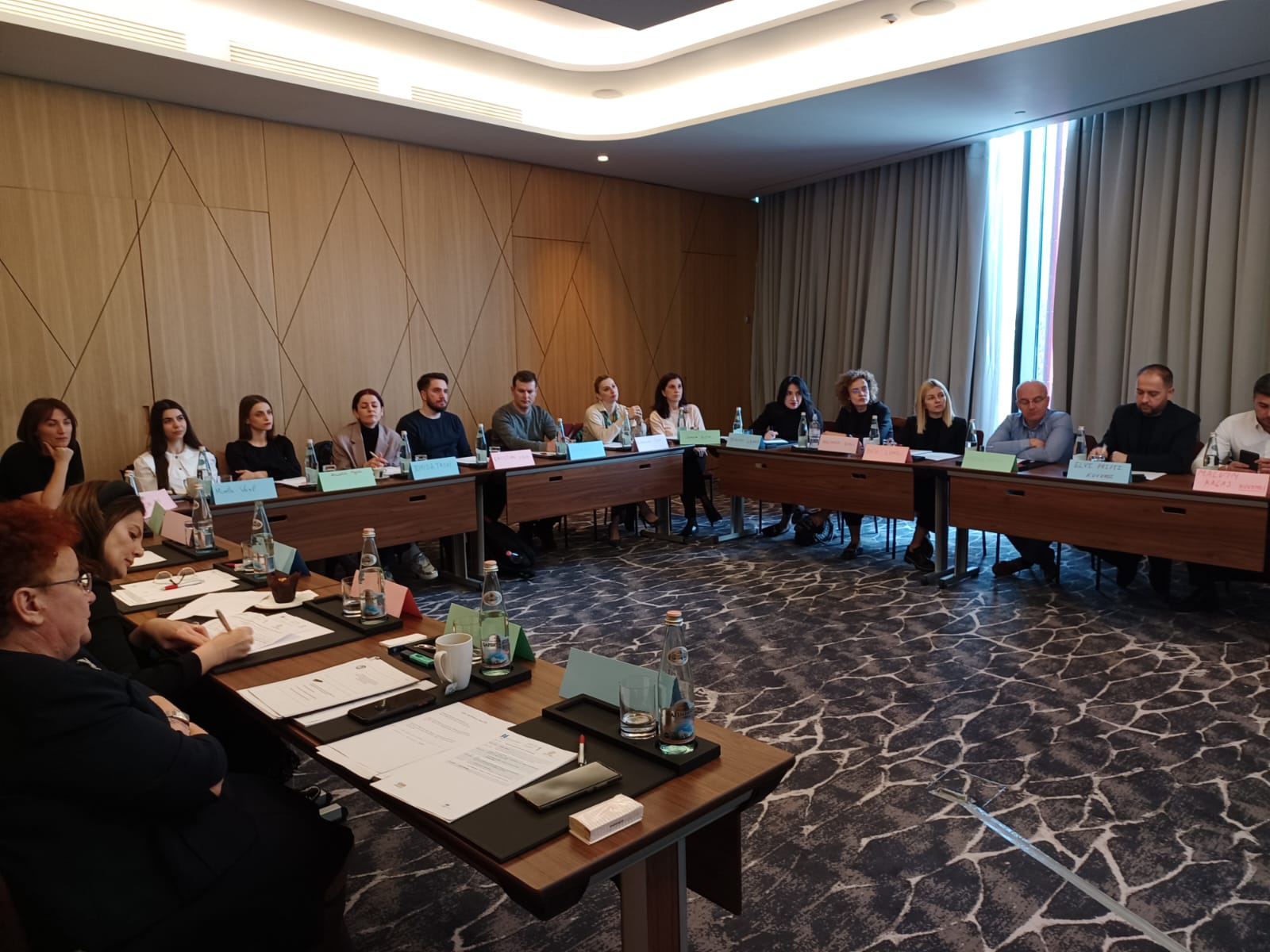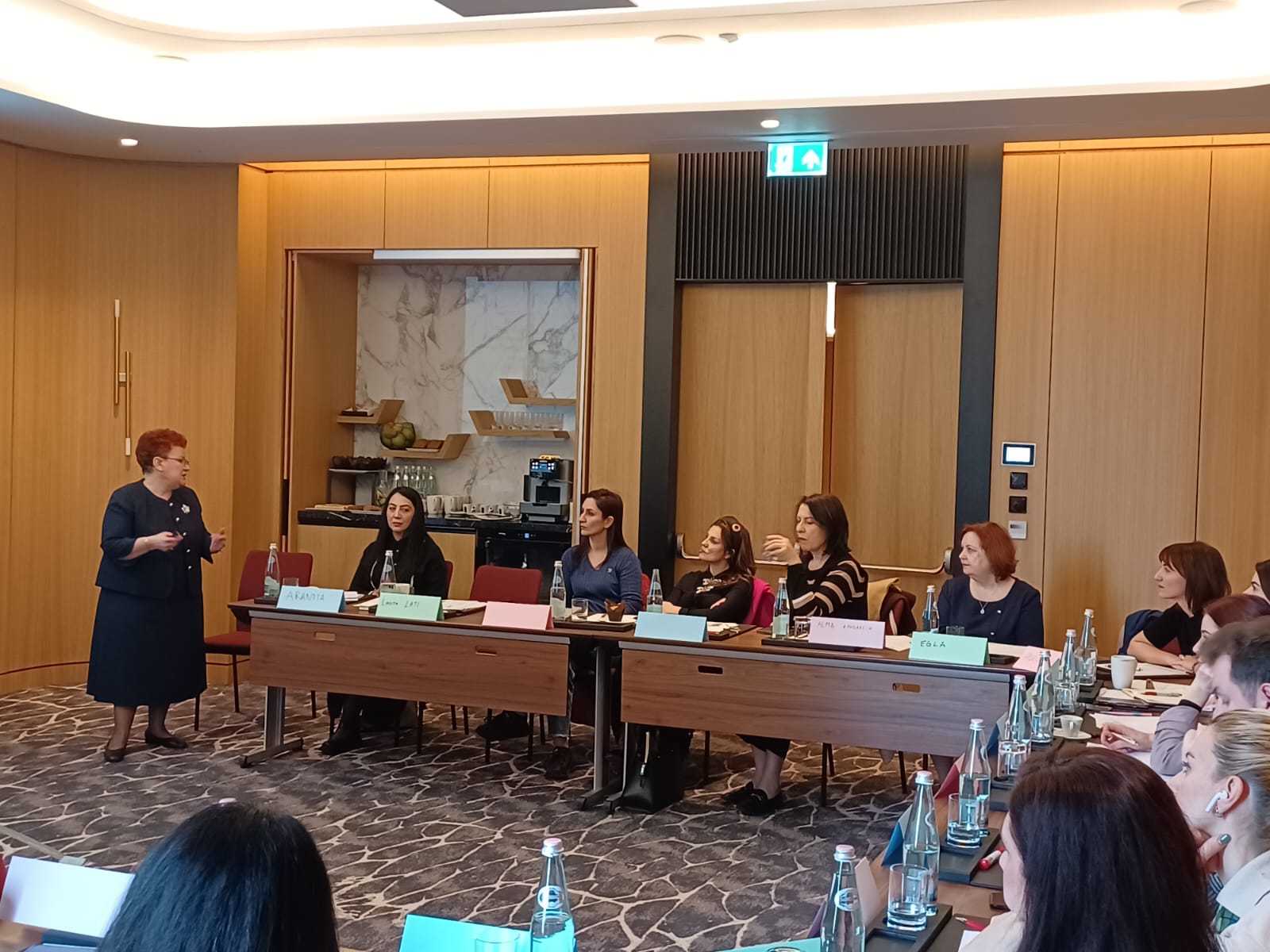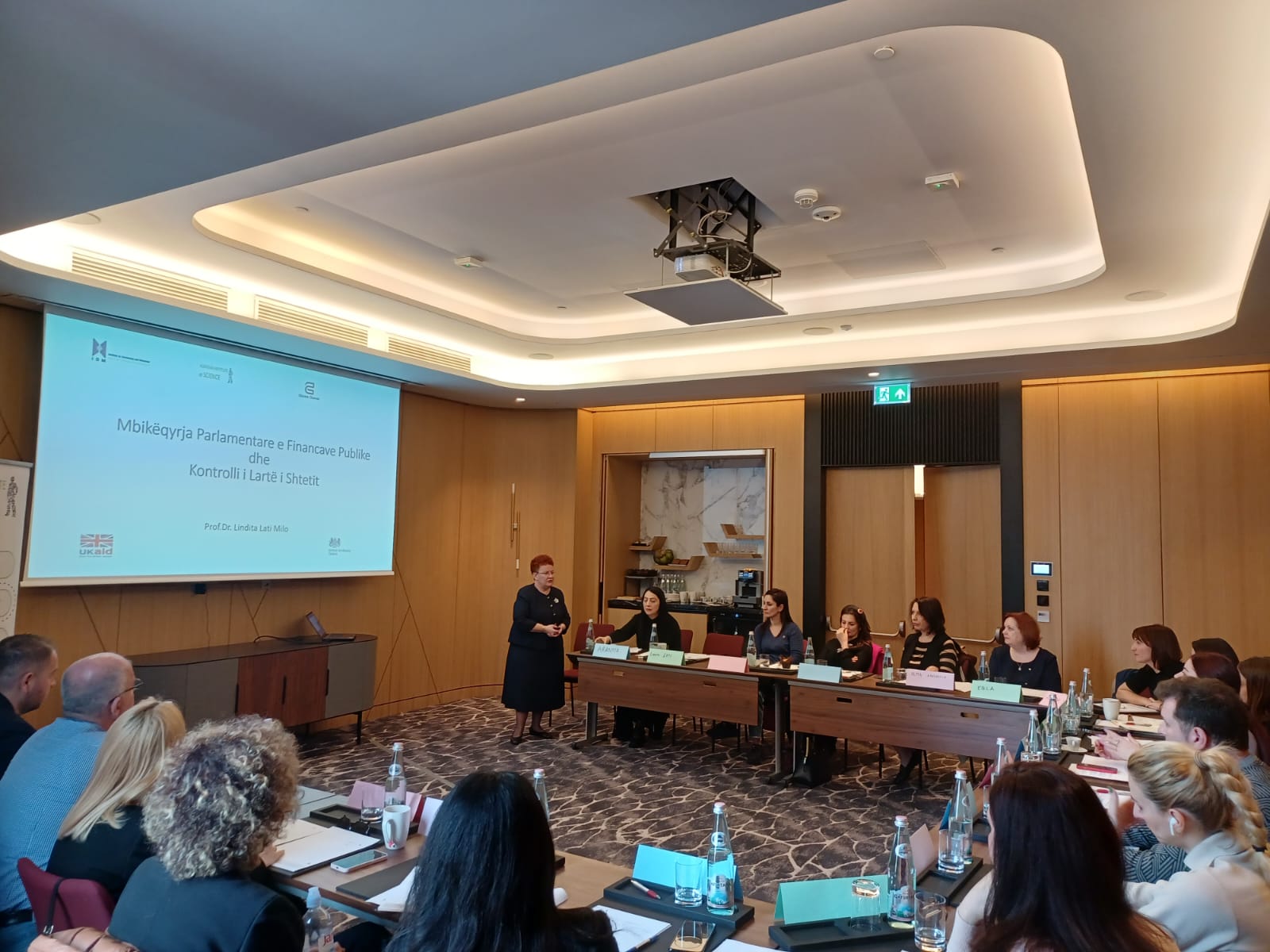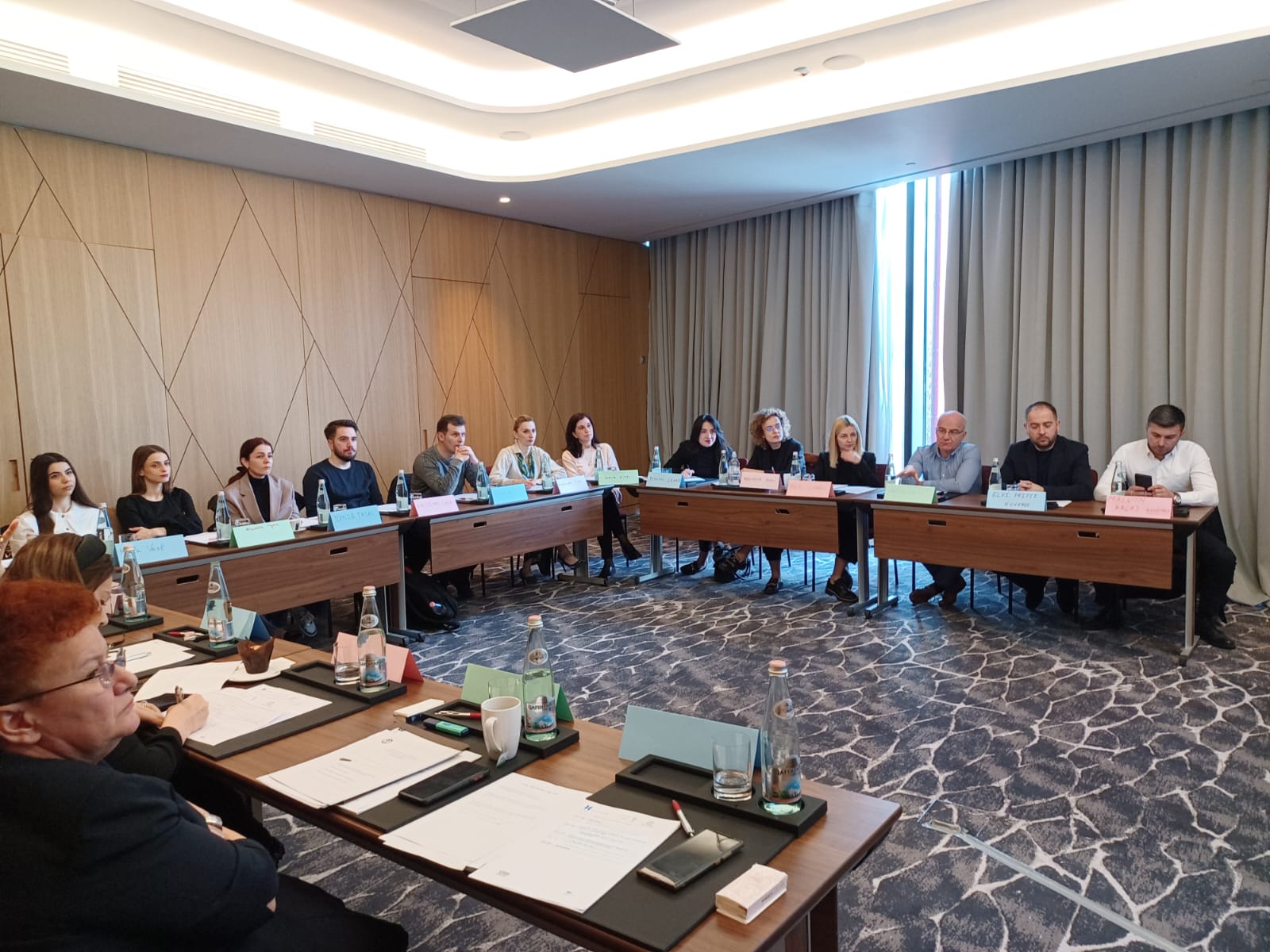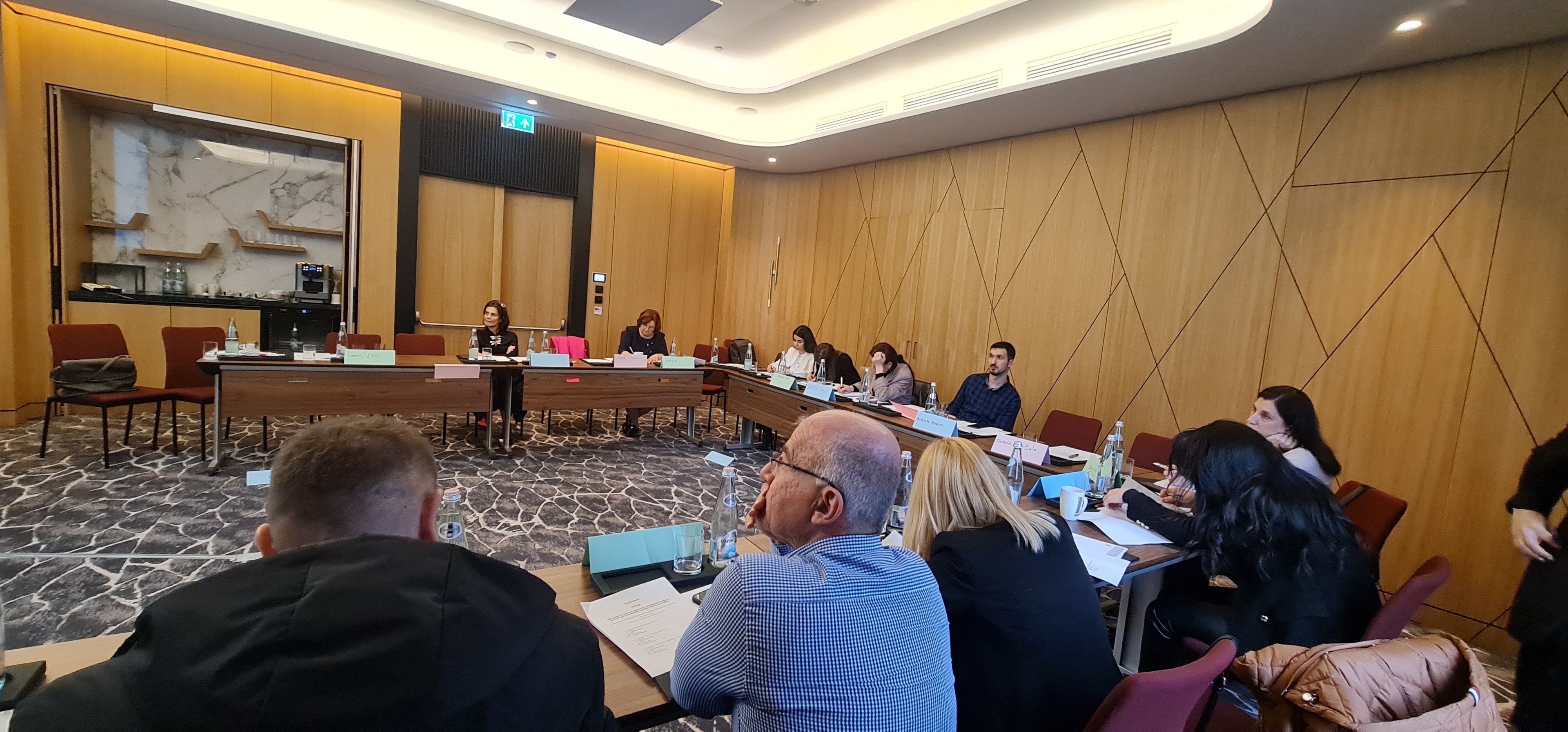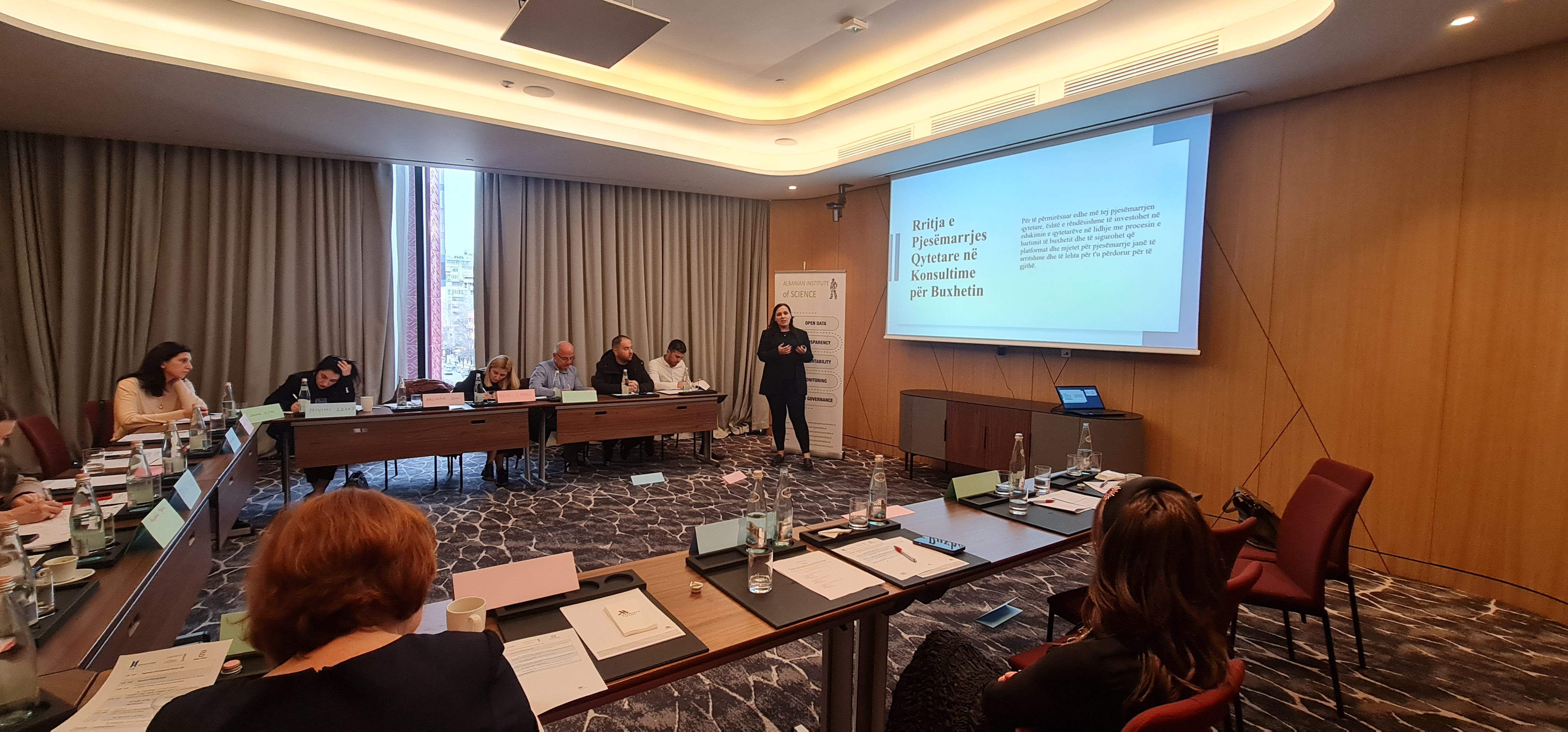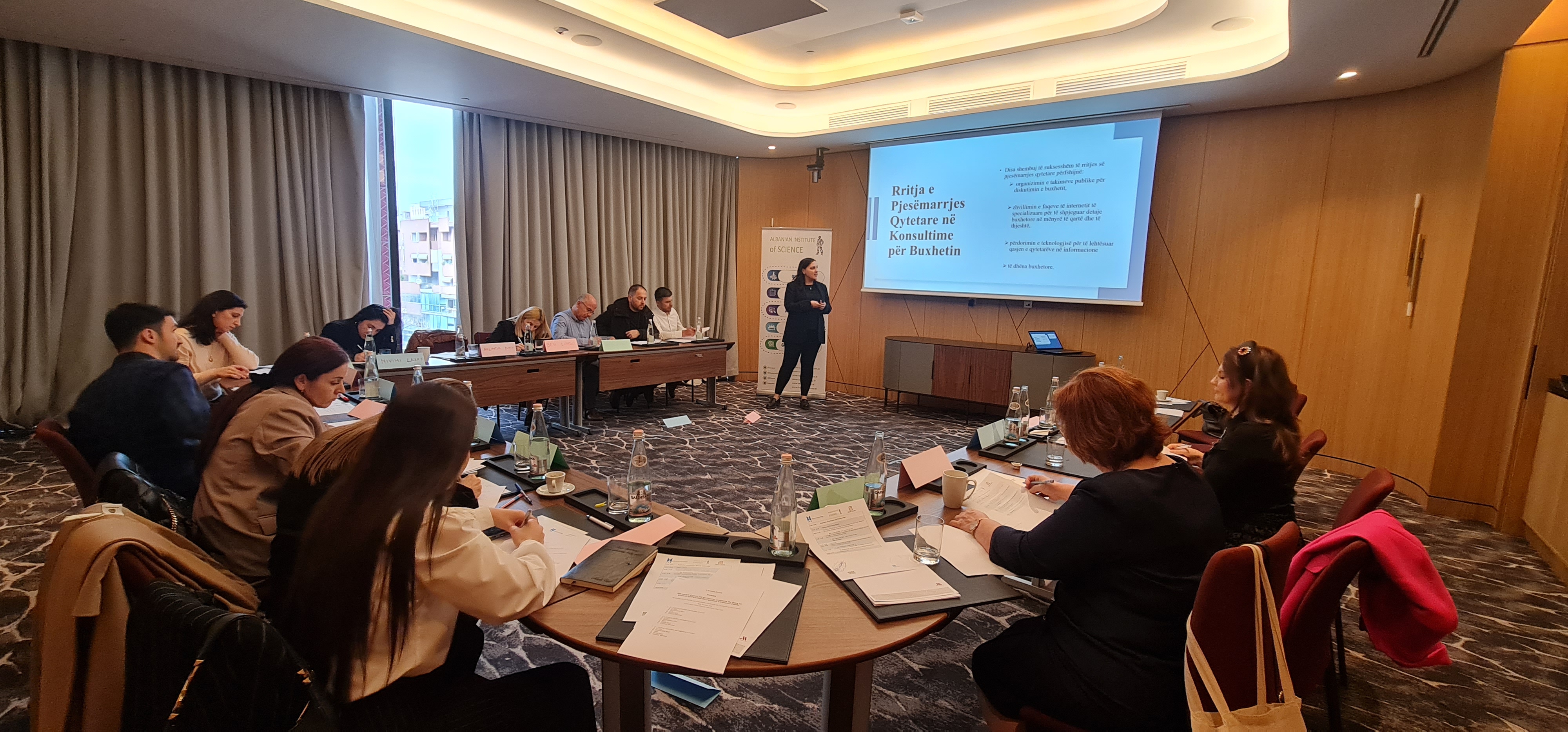In response to the Invitation of the Ministry of State for Public Administration and Anticorruption, for participation in the Public Consultation of the Draft – National Anticorruption Strategy, launched in July 2024, the AIS organization participated in the Meeting with Civil Society and also addressed written suggestions and opinions. Evaluating the completed document and the opportunity to participate in public consultation, AIS suggests an Additional Objective for the Strategy.
Below is the letter addressed to the Institution.
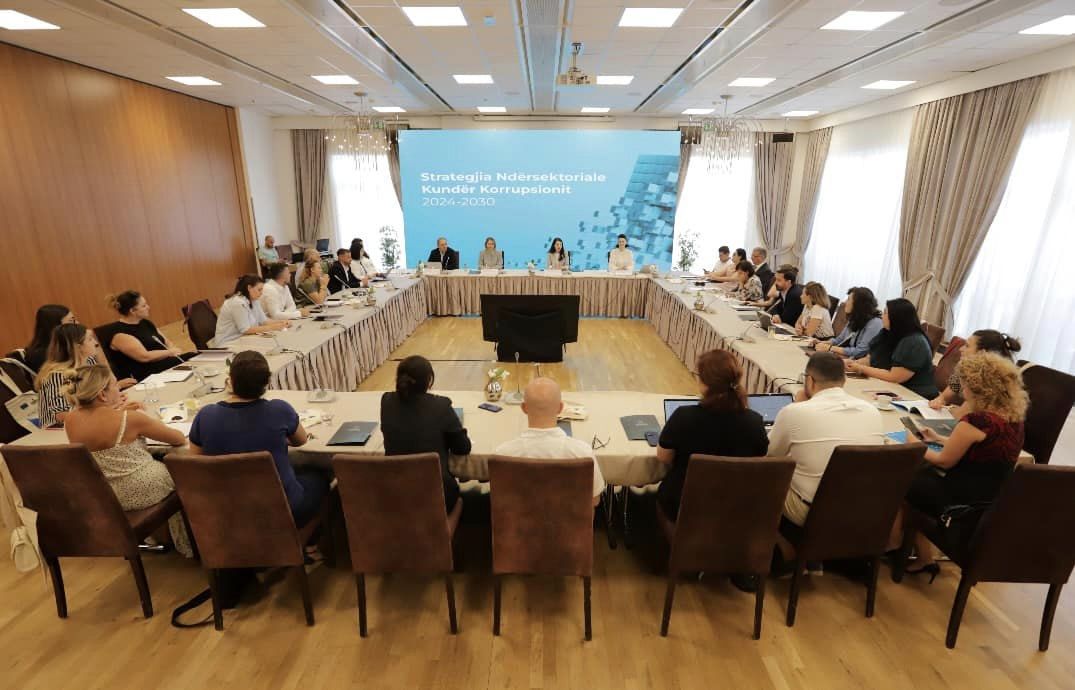
Recommendations provided for Public Consultation
Addressed to: Ministry of State for Public Administration and Anticorruption
Subject: Providing recommendations in the frame of the Sectoral Strategy Against Corruption 2024-2023
From: Organization Albanian Institute of Sciences (AIS, promoter of Open Data Albania
Date: August 30, 2024
Honorable Madam Minister,
Honorable officials of the Ministry of State for Public Administration and Anticorruption,
Through this letter, allow us to convey our consideration for the work carried out by your Institution in drafting the Intersectoral Strategy against Corruption. We would also like to thank you for administering the consultation and opinion gathering process, carried out in collaboration with civil society and business actors. Holding the document, the goals, objectives and priority measures foreseen in great esteem, the organization Albanian Institute of Sciences (acronym AIS), known as Open Data Promoter for Albania, would like to submit two additional recommendations, which we deem should be included in the Strategy, as detailed below:
- To add to Specific Objective 1.3 the Prevention of Corruption, Depoliticization and Improvement of the Integrity of Publicly Owned Enterprises
We recommend that, in addition to the Sectors cited in the draft, the Sector of Publicly Owned Companies and Enterprises (SOC – state owned enterprise/corporates) should also be considered as part of the Strategy. This sector is of particular importance, as it manages public assets and public human resources. Likewise, some of the companies in this sector offer exclusive services to citizens (water, energy) or operate in sectors of paramount importance for national security (water supply, ports, etc.). Our organization, like other actors, for years has considered this sector risky in terms of management, financial control and the use of public assets and public resources. Likewise, the latter’s misuse in Election campaigns has been systematically highlighted in relation to the SOC sector.
More importantly, we would like one of the Specific Objectives of the Strategy to be dedicated to the revision of the Legislation and Statutes (through the MP’s or Local Government Units), guaranteeing legal, sub-legal and statutory regulation of the SOC Companies. The regulation, in the legal and sub-legal framework, should be such as to guarantee meritocracy based management (criteria and competition), clear rules for depoliticization of the director and senior managers, clear statutory provisions for internal and external audits, as well as financial control.
The SOC sector is important in terms of meeting the criteria and conditions of the country as a candidate for EU membership, specifically the criteria for Financial Control (chapter 32).
- Involvement of Civil Society, Organizations. Objective 3.3.2
Considering this aspect as quite important in terms of Anti-corruption Policies, we suggest that more outputs be targeted and not to be limited to awareness campaigns alone. In principle, we would recommend a cooperation agreement between the Ministry and Civil Society Organizations that work in oversight, litigation and strengthening in the efficiency of the legal provisions in the sectors deemed as risky. These agreements would also guarantee the exchange of evidence, reports, products of these civil actors (non-governmental associations, business associations or interest groups). Likewise, we propose holding joint events to raise awareness, educate and build capacity for good governance. Agreements between institutions and NGOs or Integrity Pacts (mainly the public procurement sector) are mechanisms that have been successfully applied to improve anti-corruption circumstances in some EU or even candidate countries. These types of agreements would facilitate the work of watchdog actors and would guarantee more accurate addressing of the findings on the risk assessments, carried out by civil society organizations.
In the same way, we would suggest that this Objective, in addition to the Awareness Campaigns, also consider as a potential output the cooperation of institutions with civil actors in the detection and prevention of corruption cases.
Congratulating you once again on the Draft Strategy document, we hope that the above stated recommendations will be given due consideration and we wish you success in the finalization and implementation of this Strategy.
With the highest regard,
Aranita BRAHAJ – AIS Executive Director






